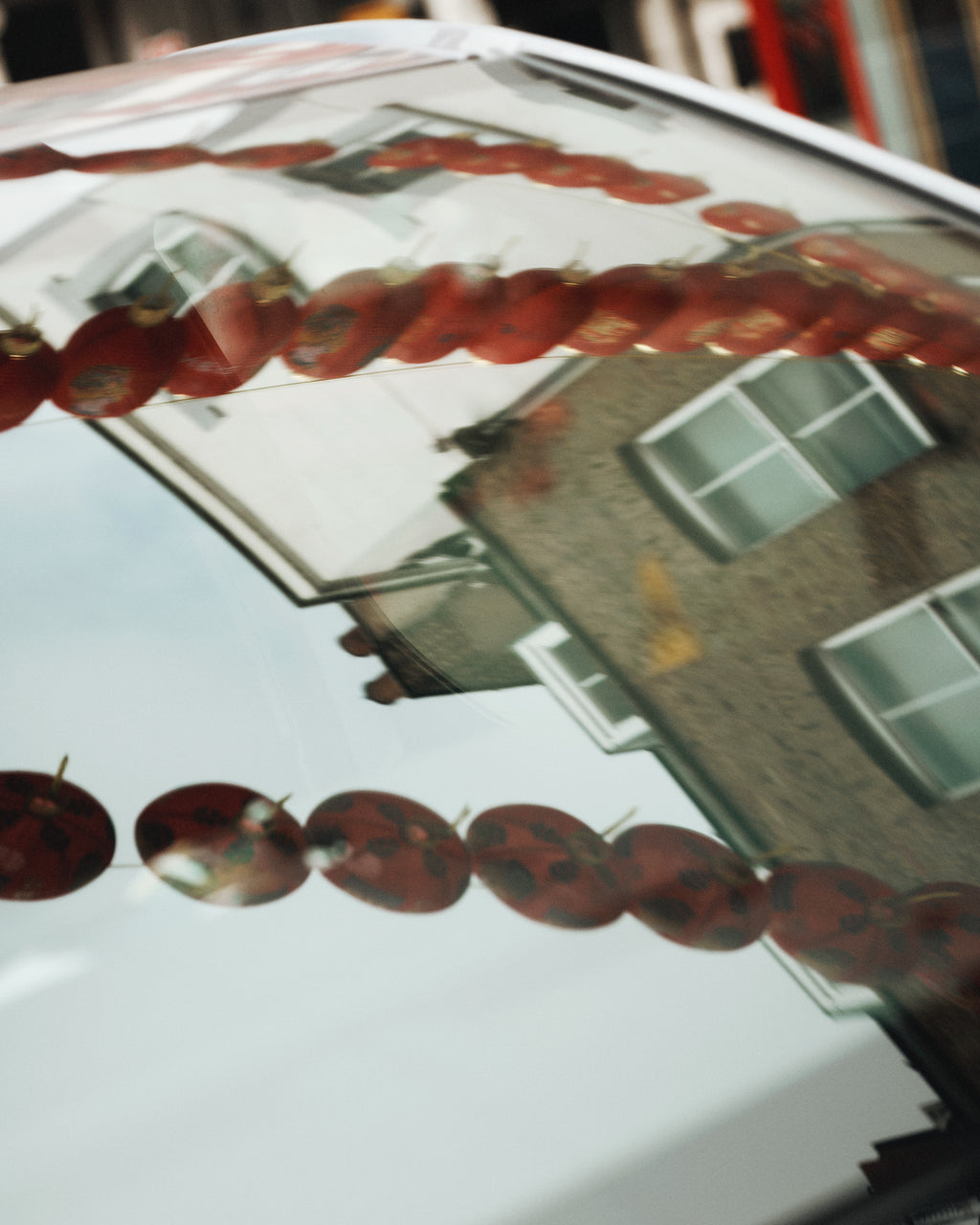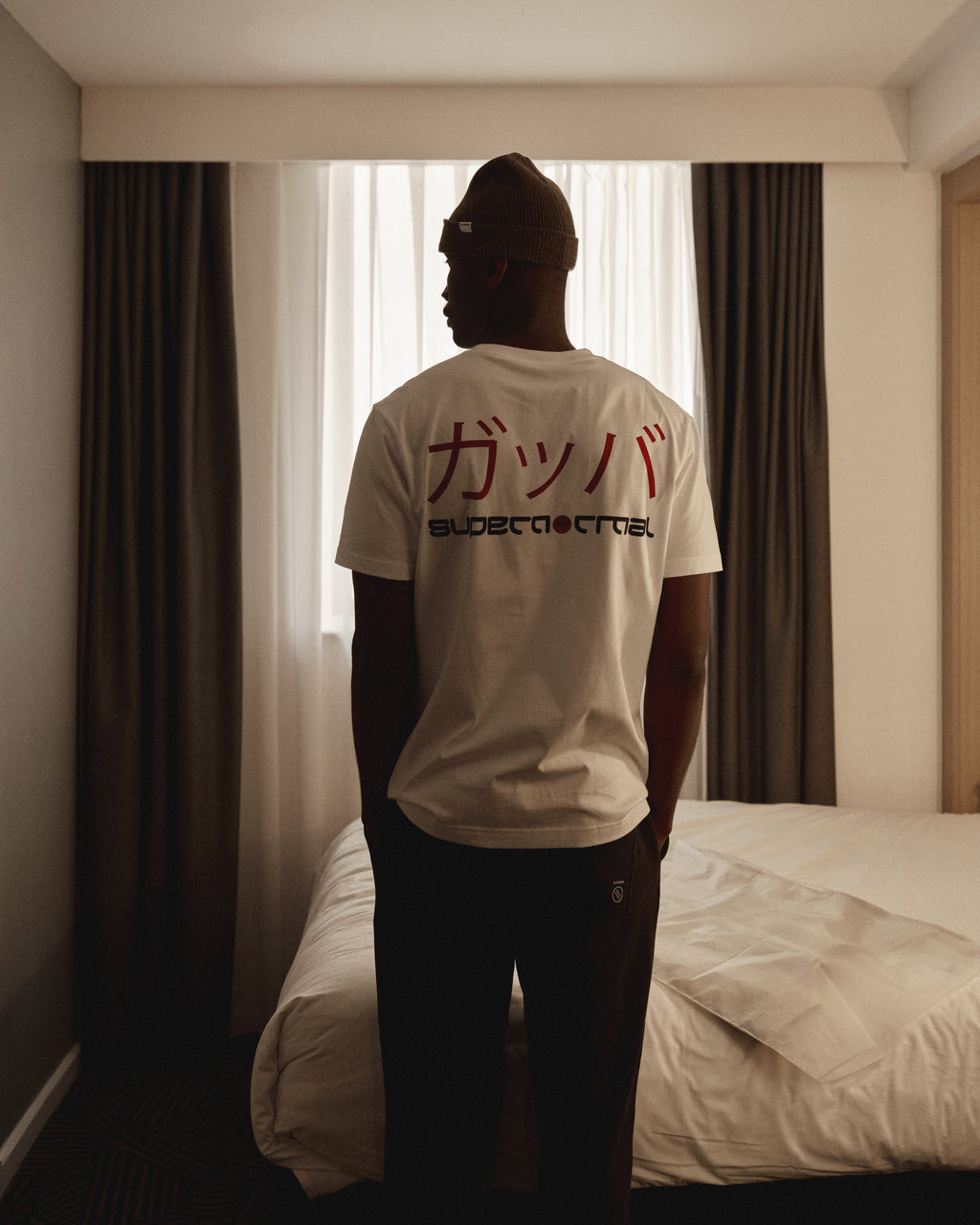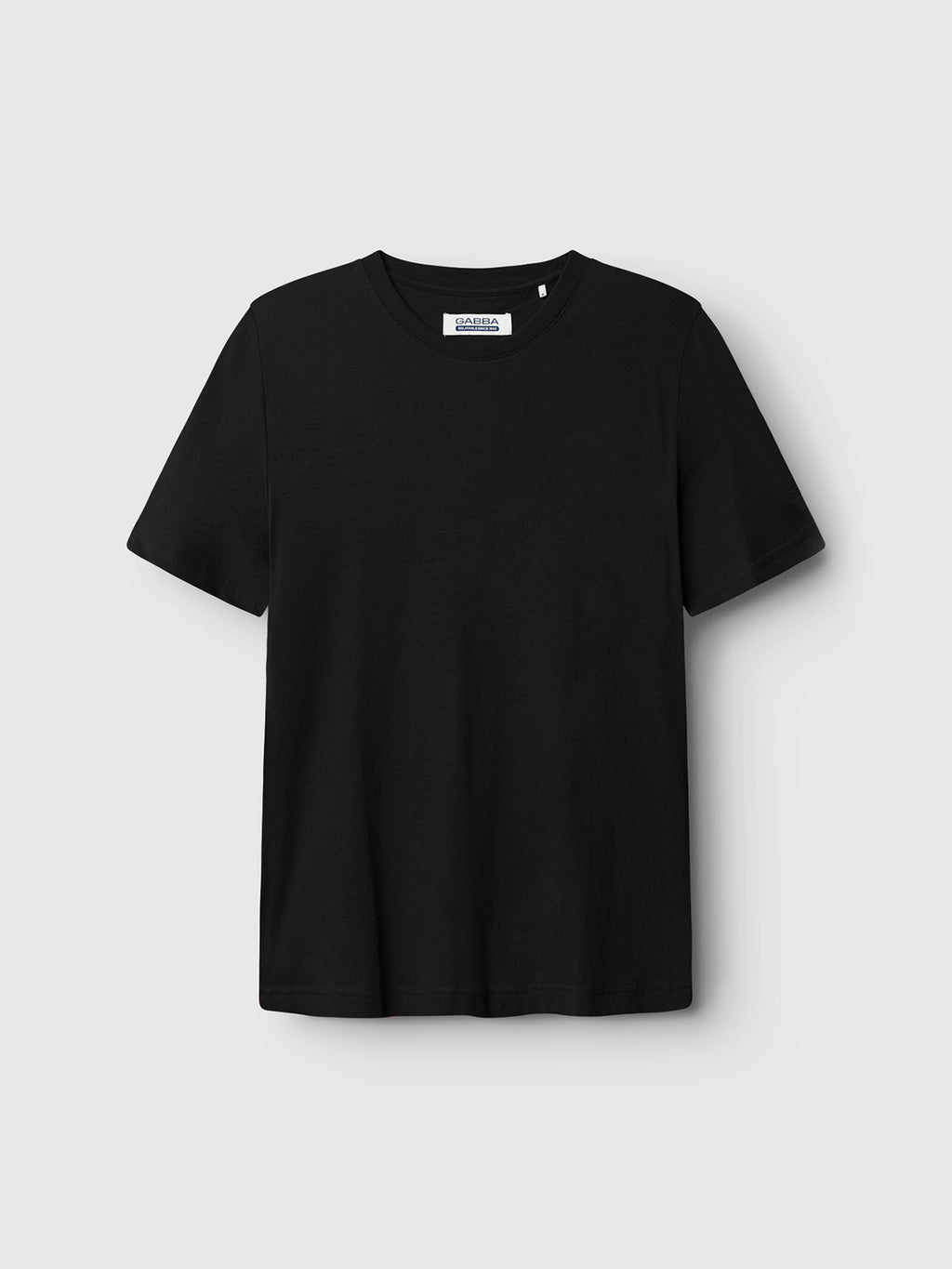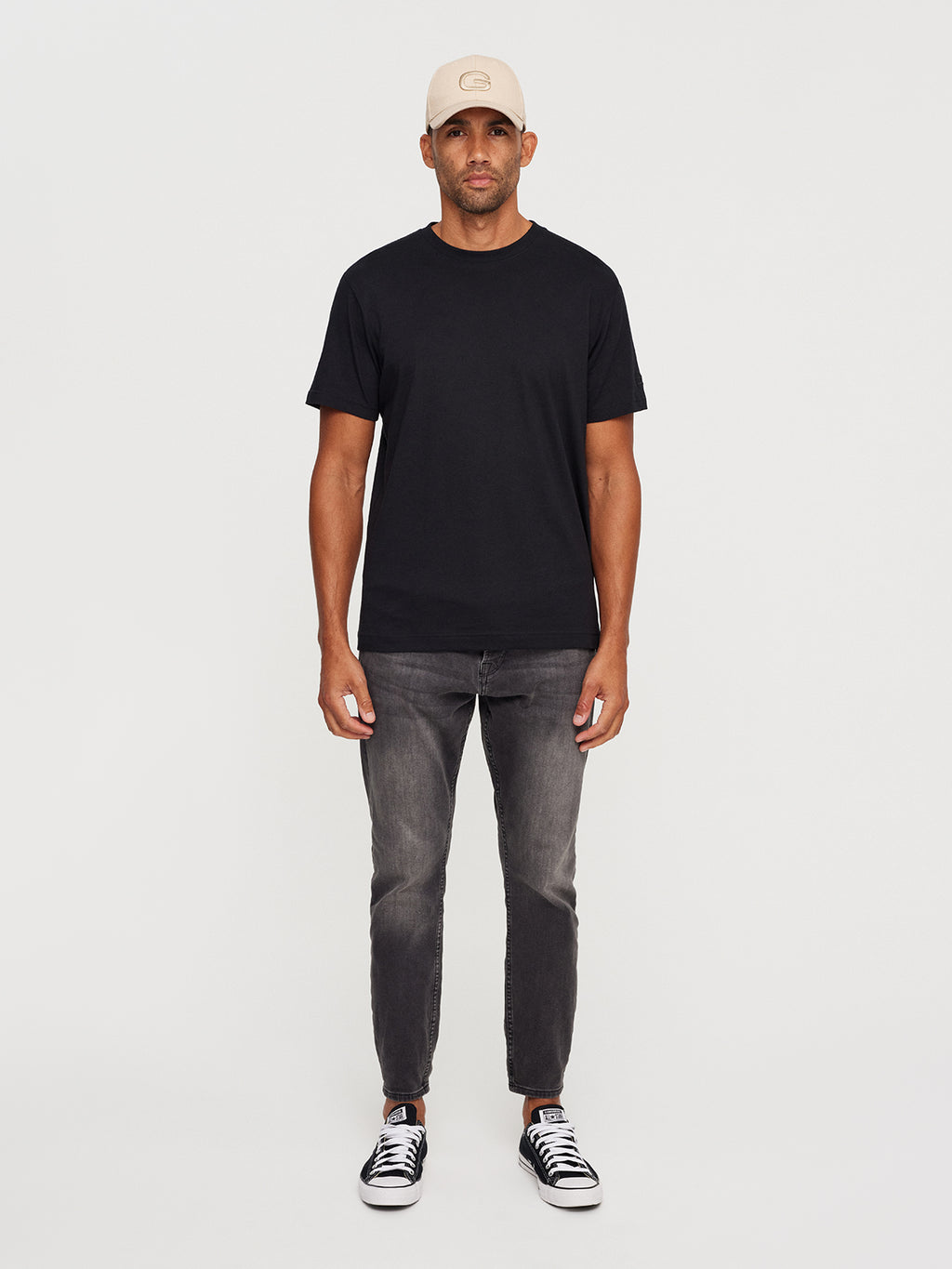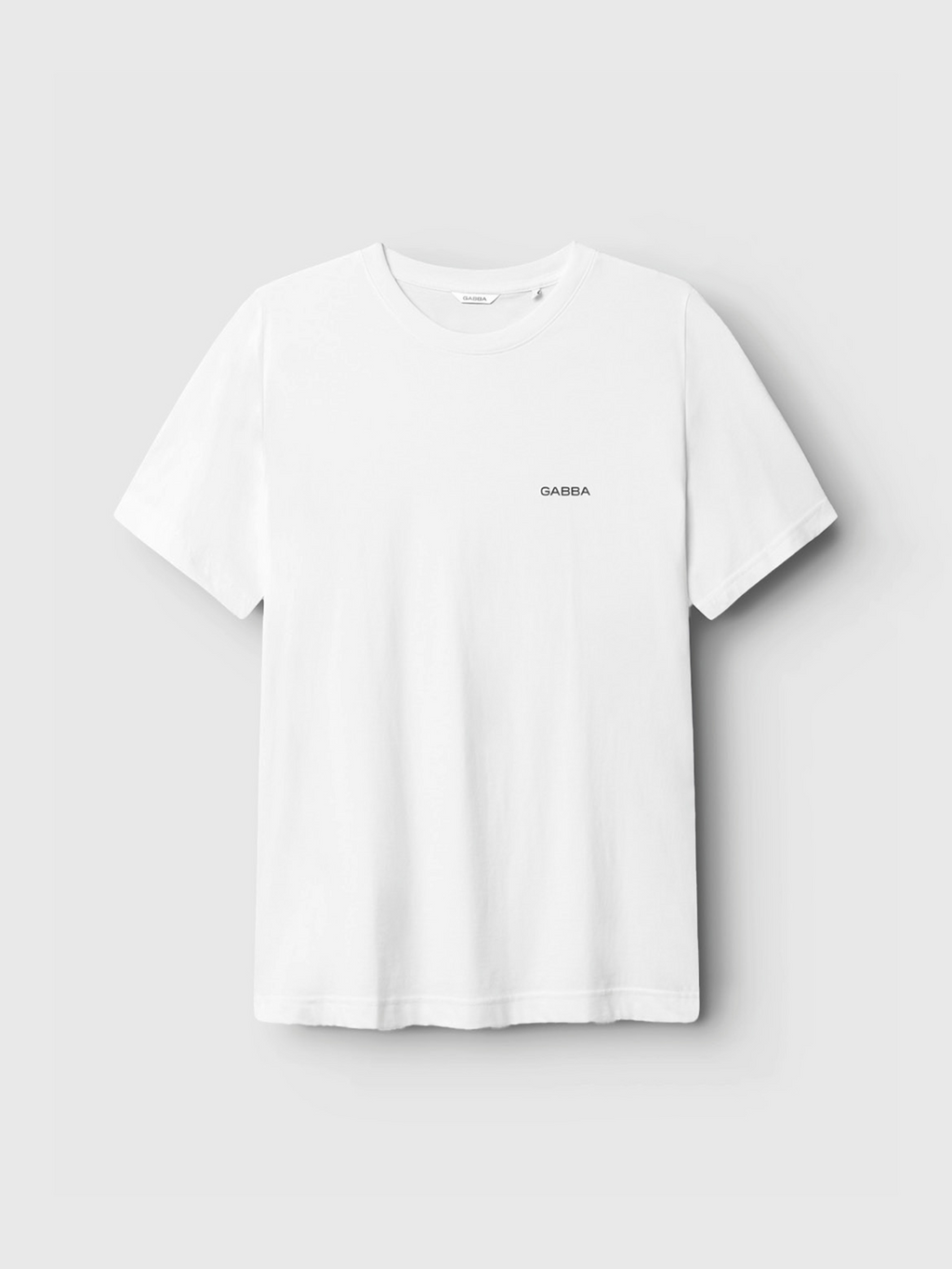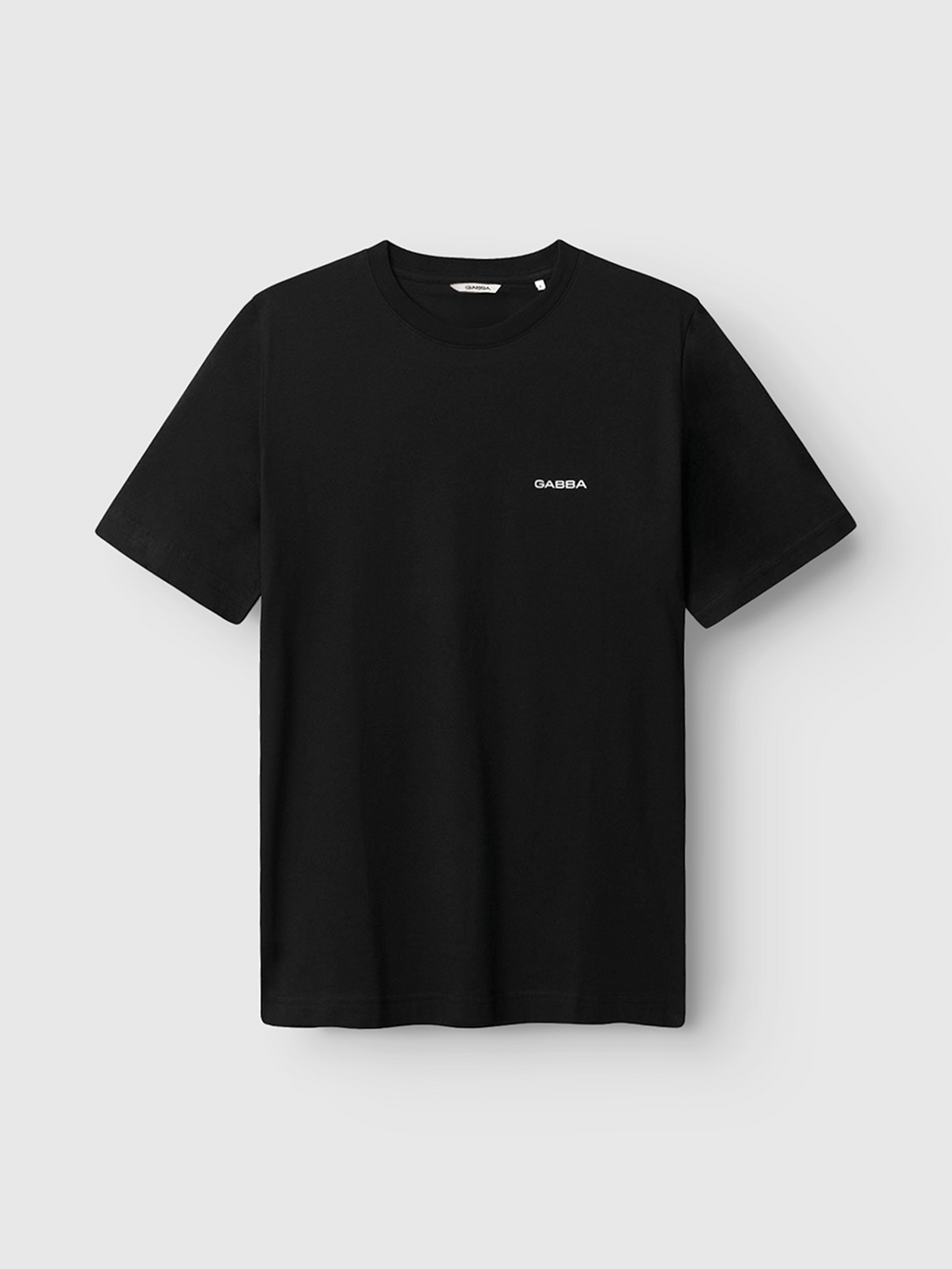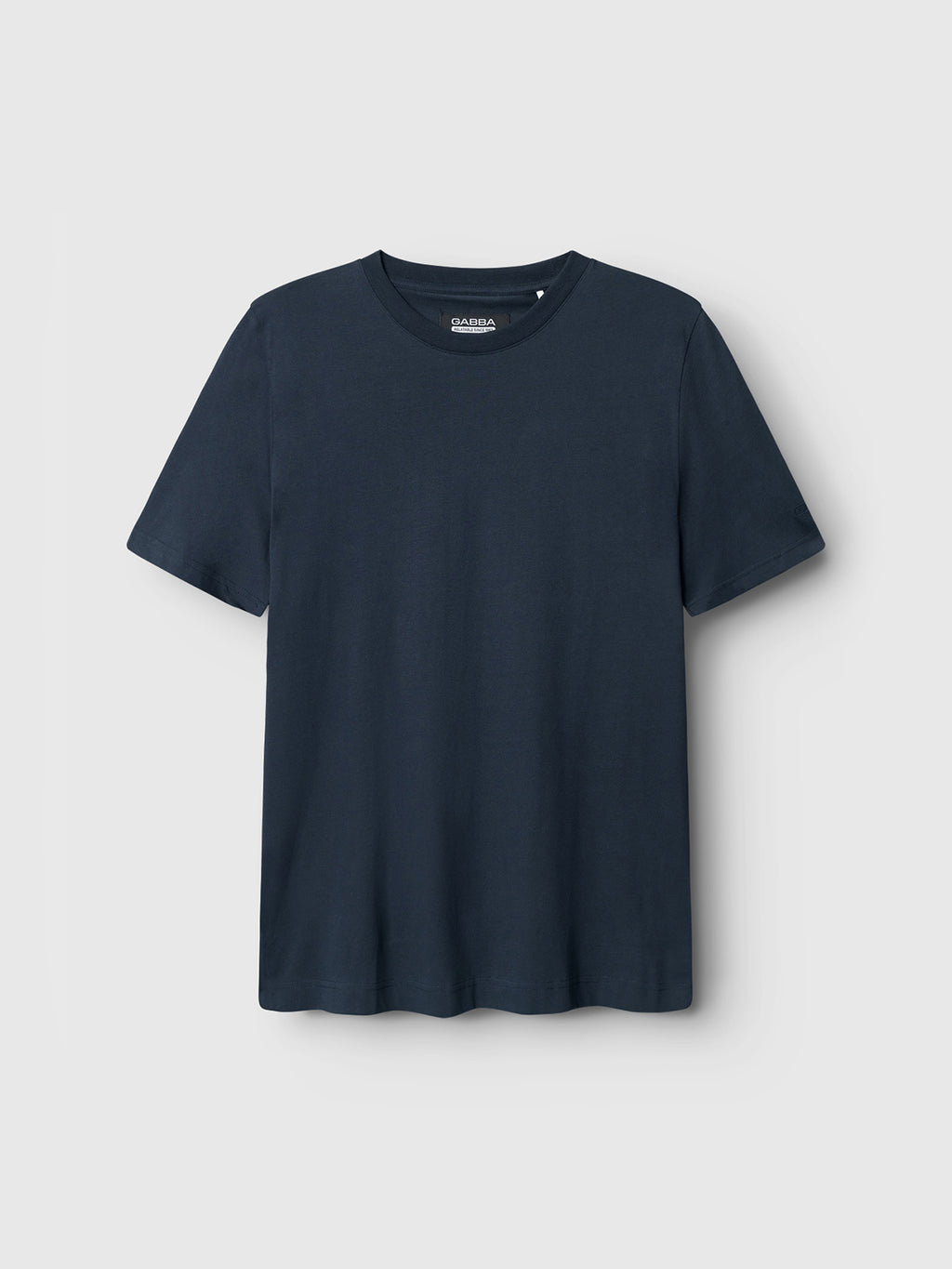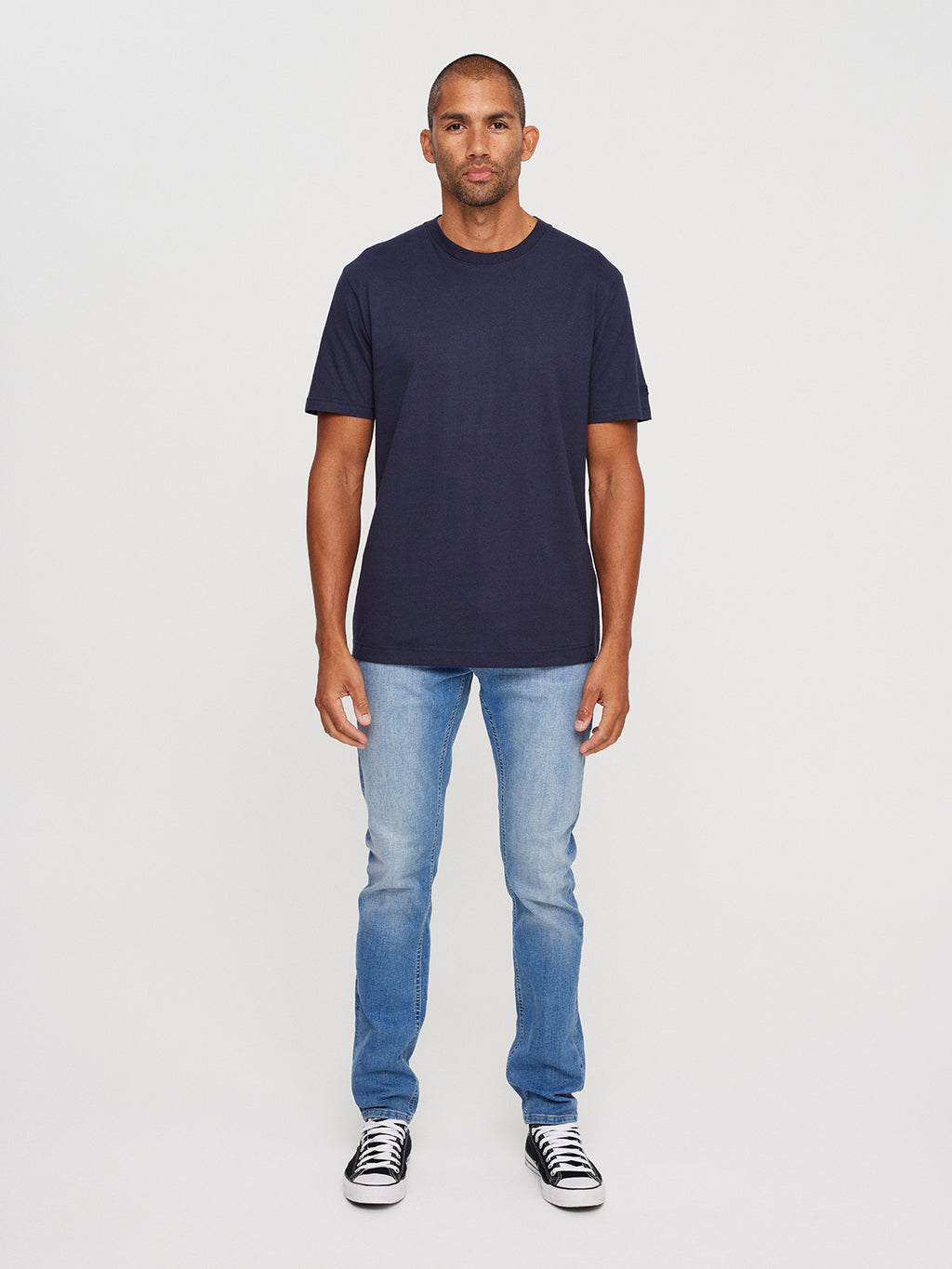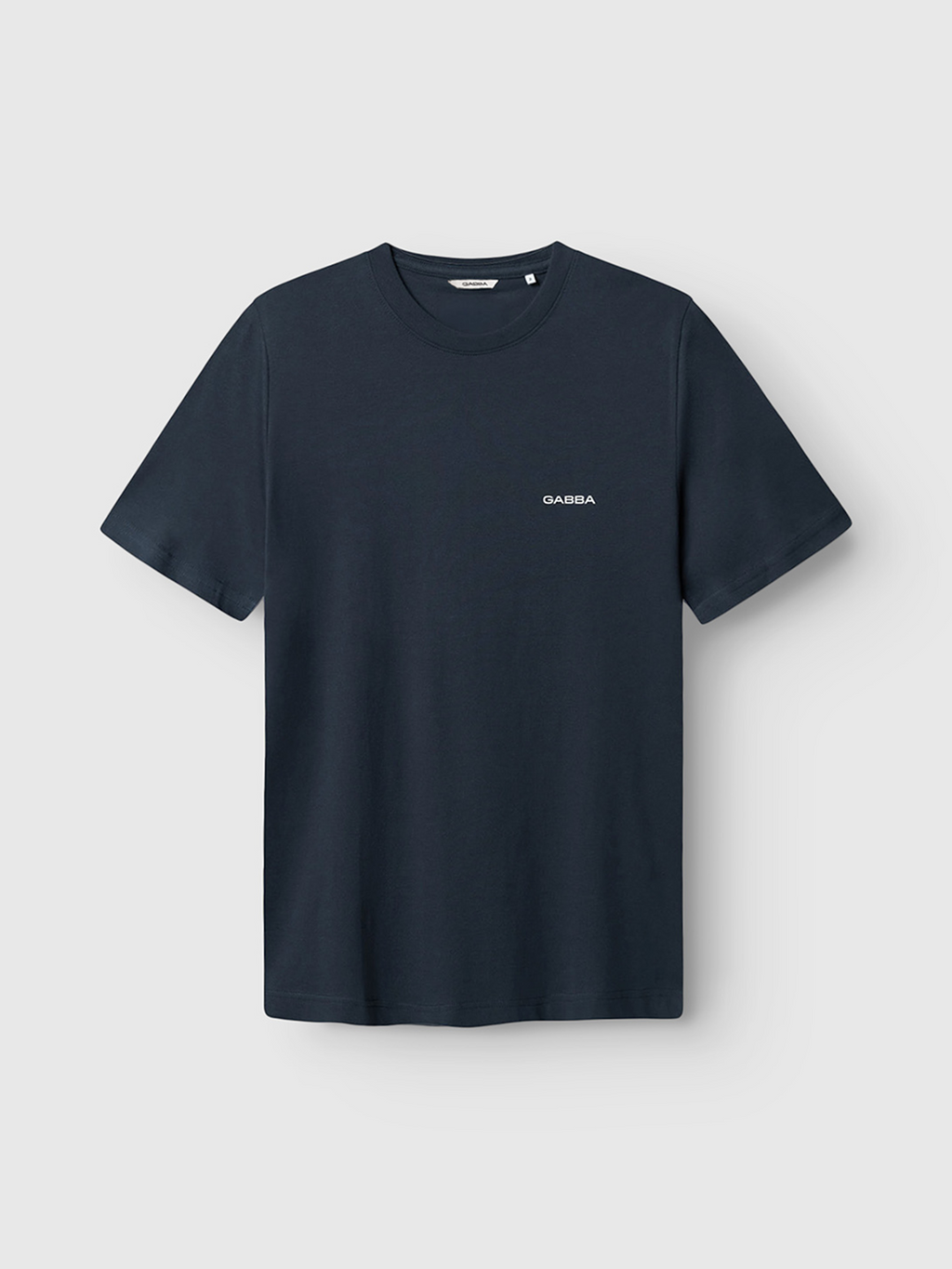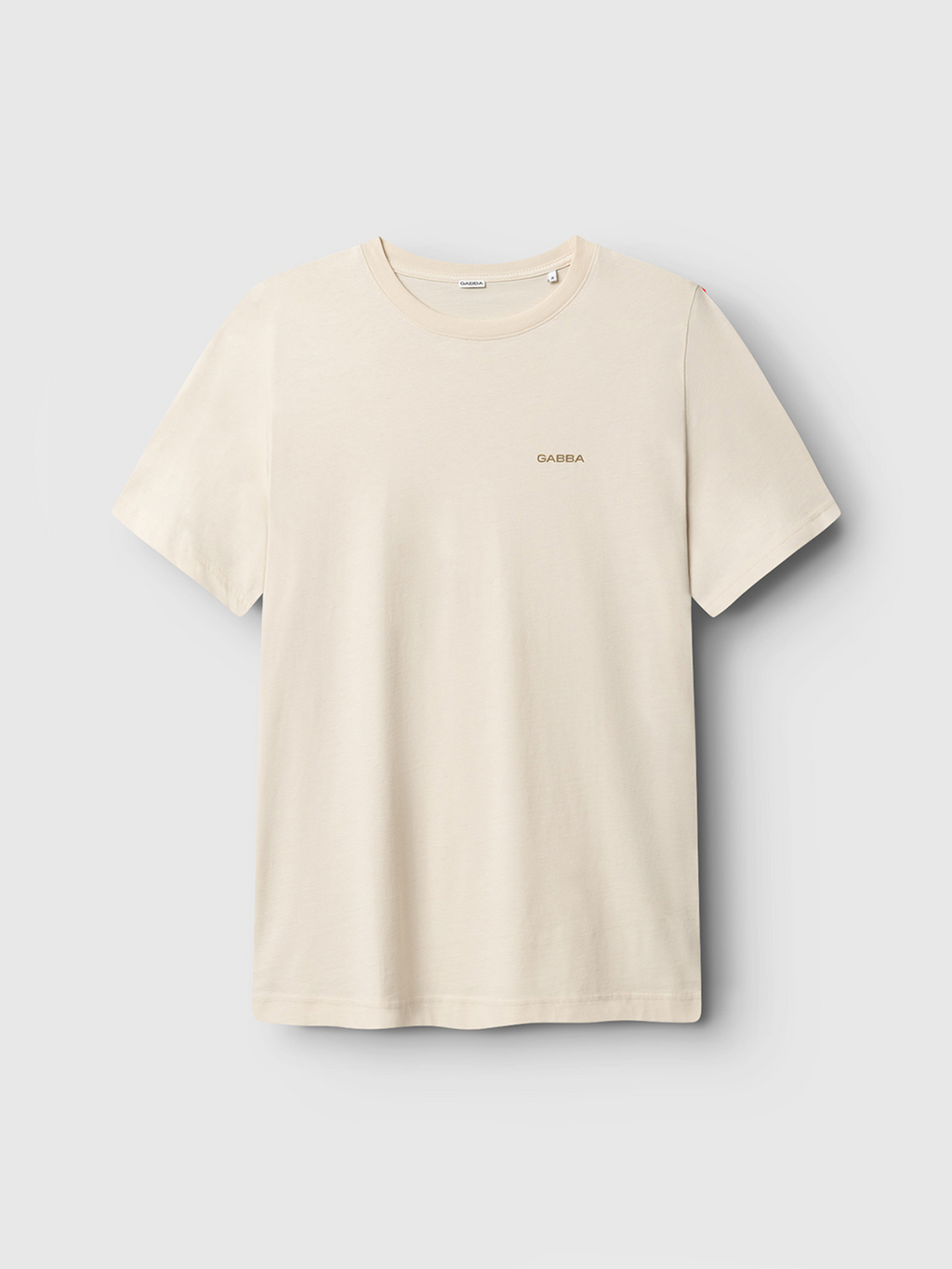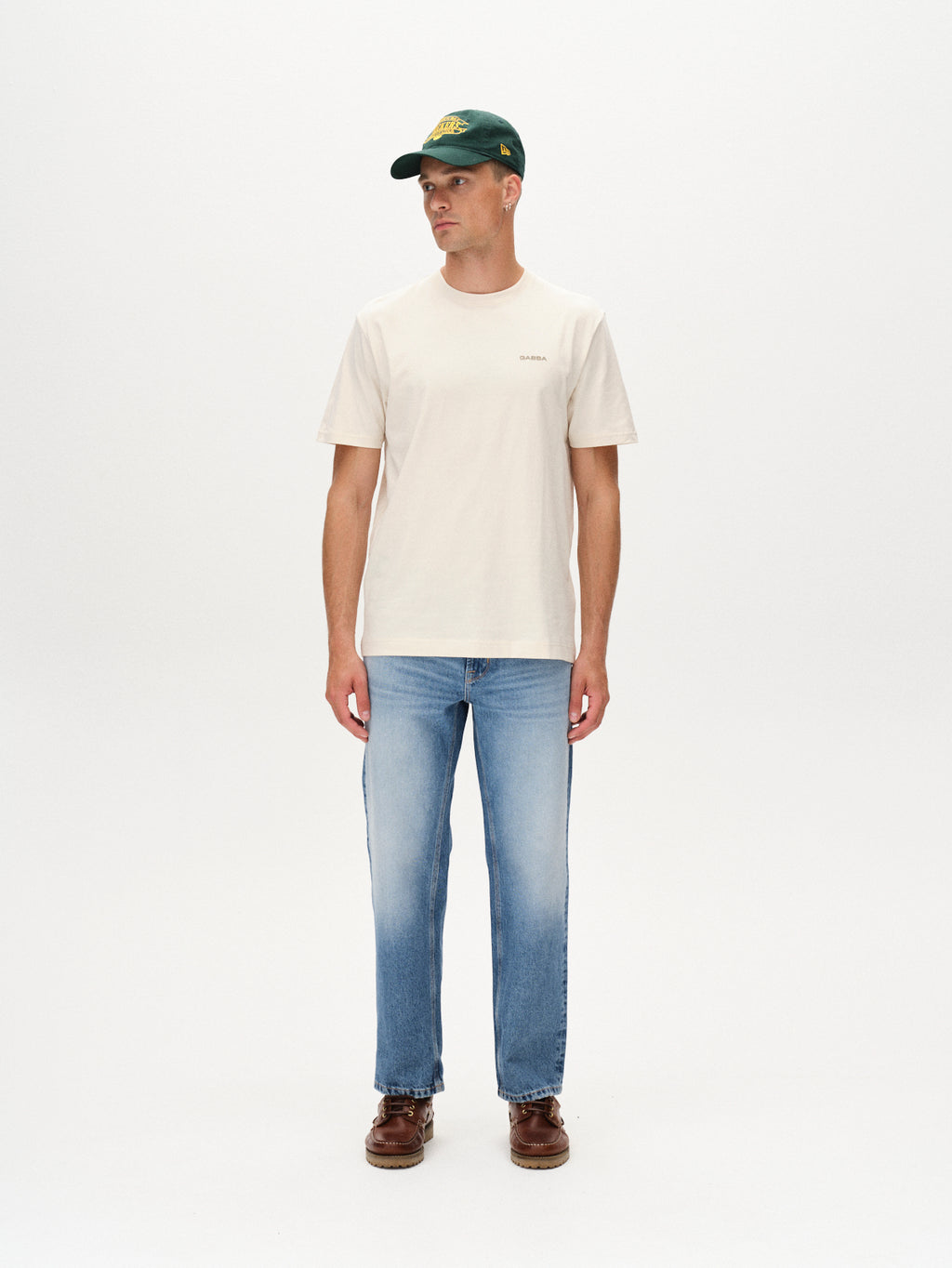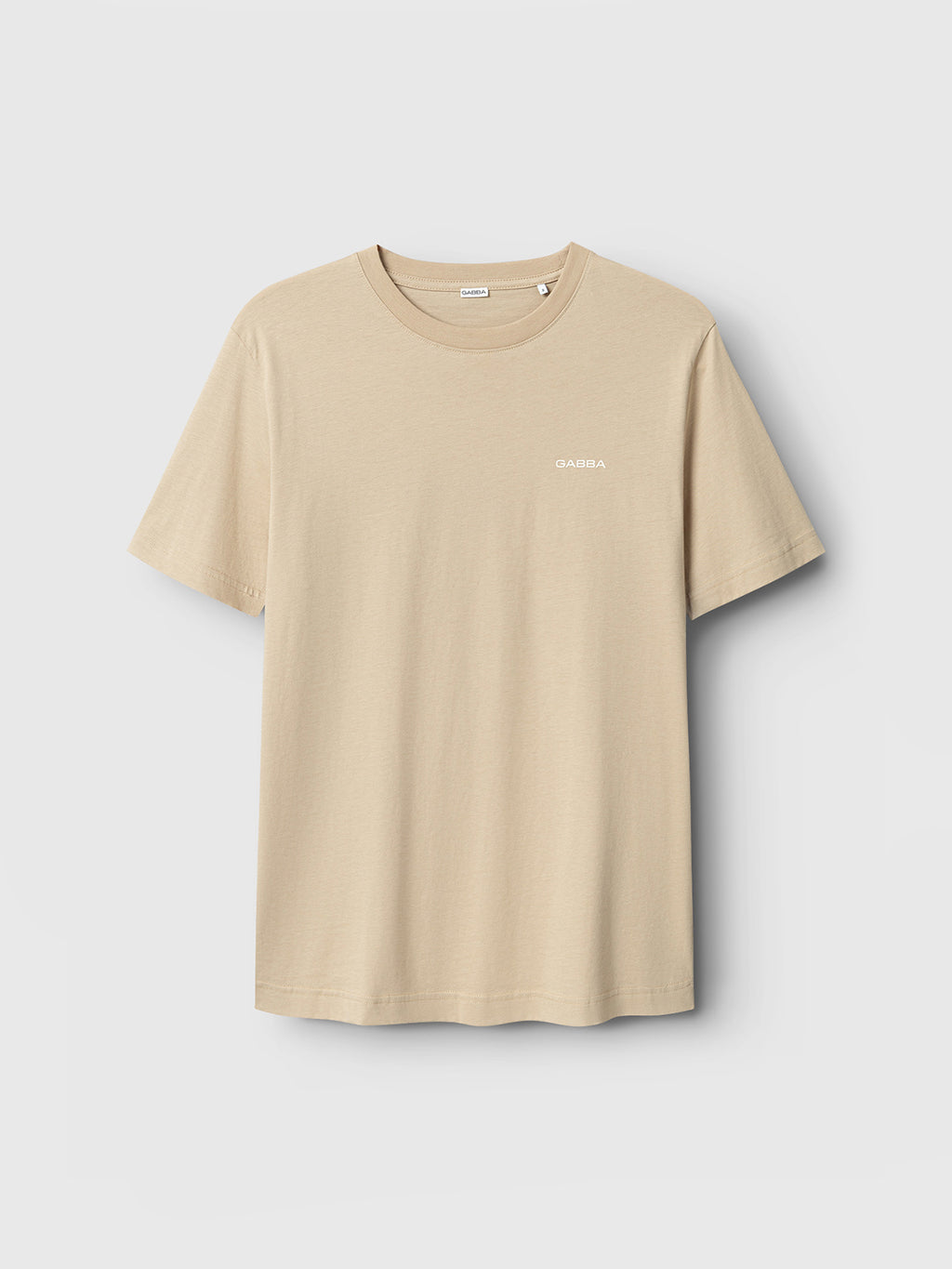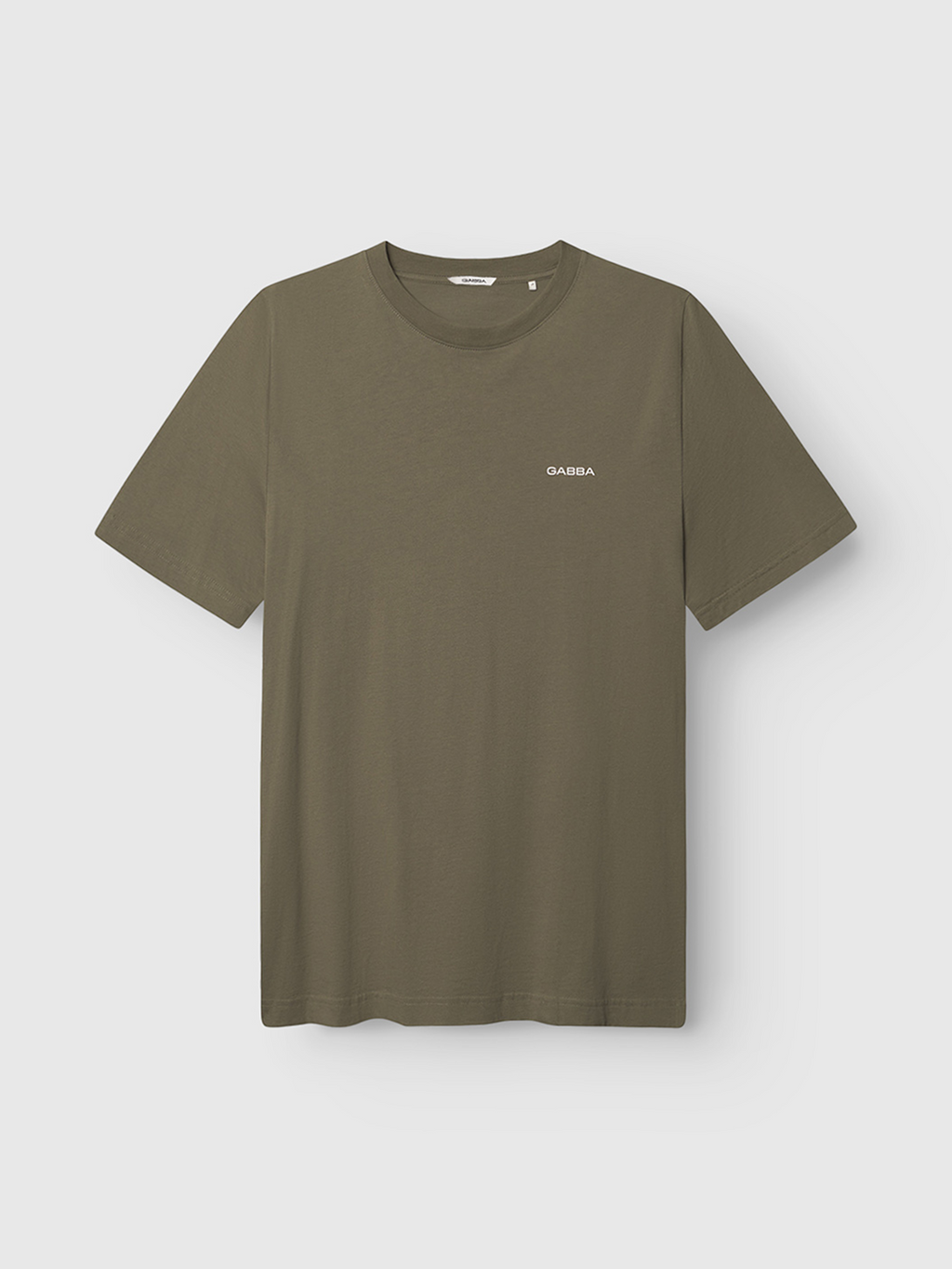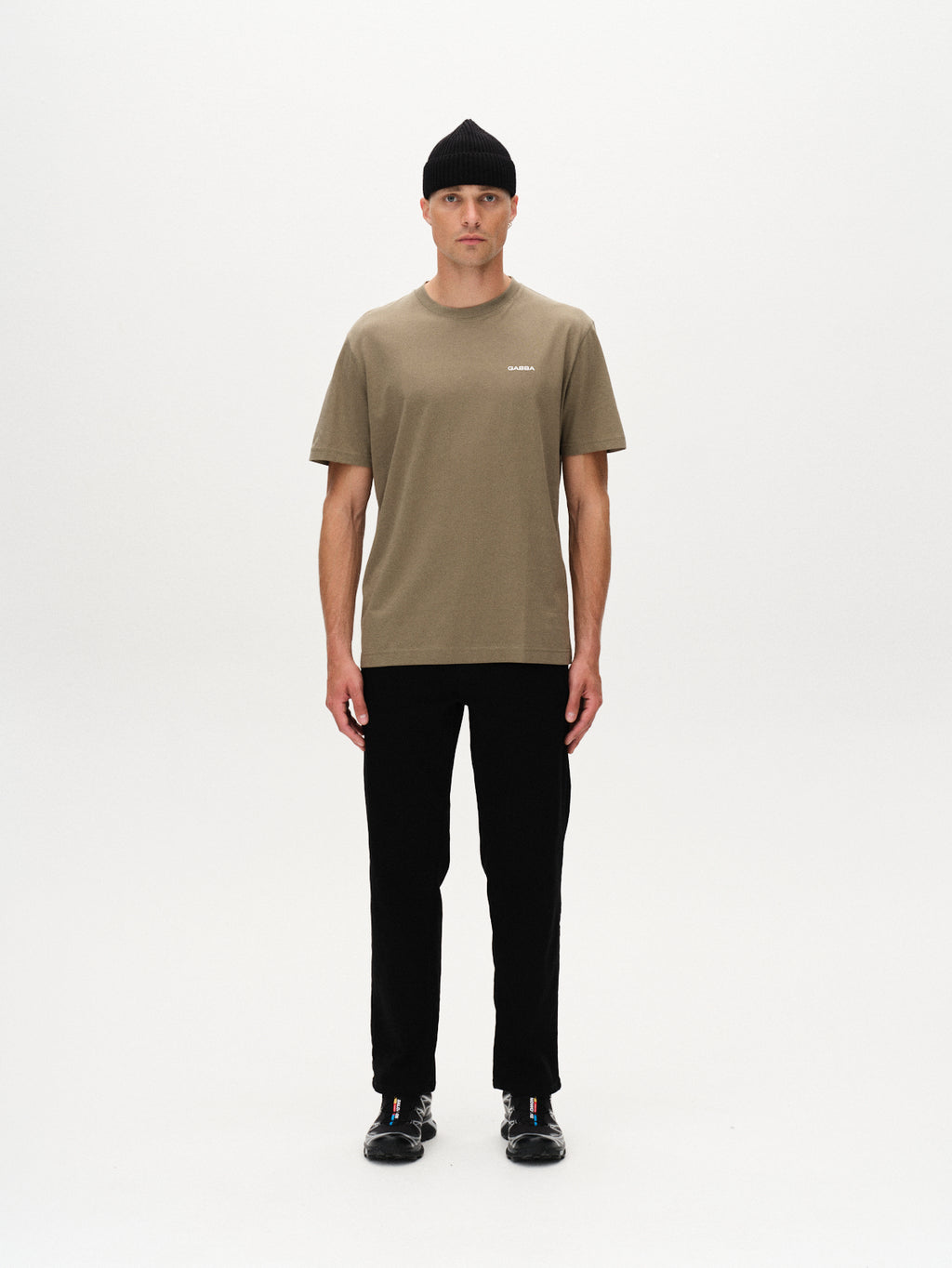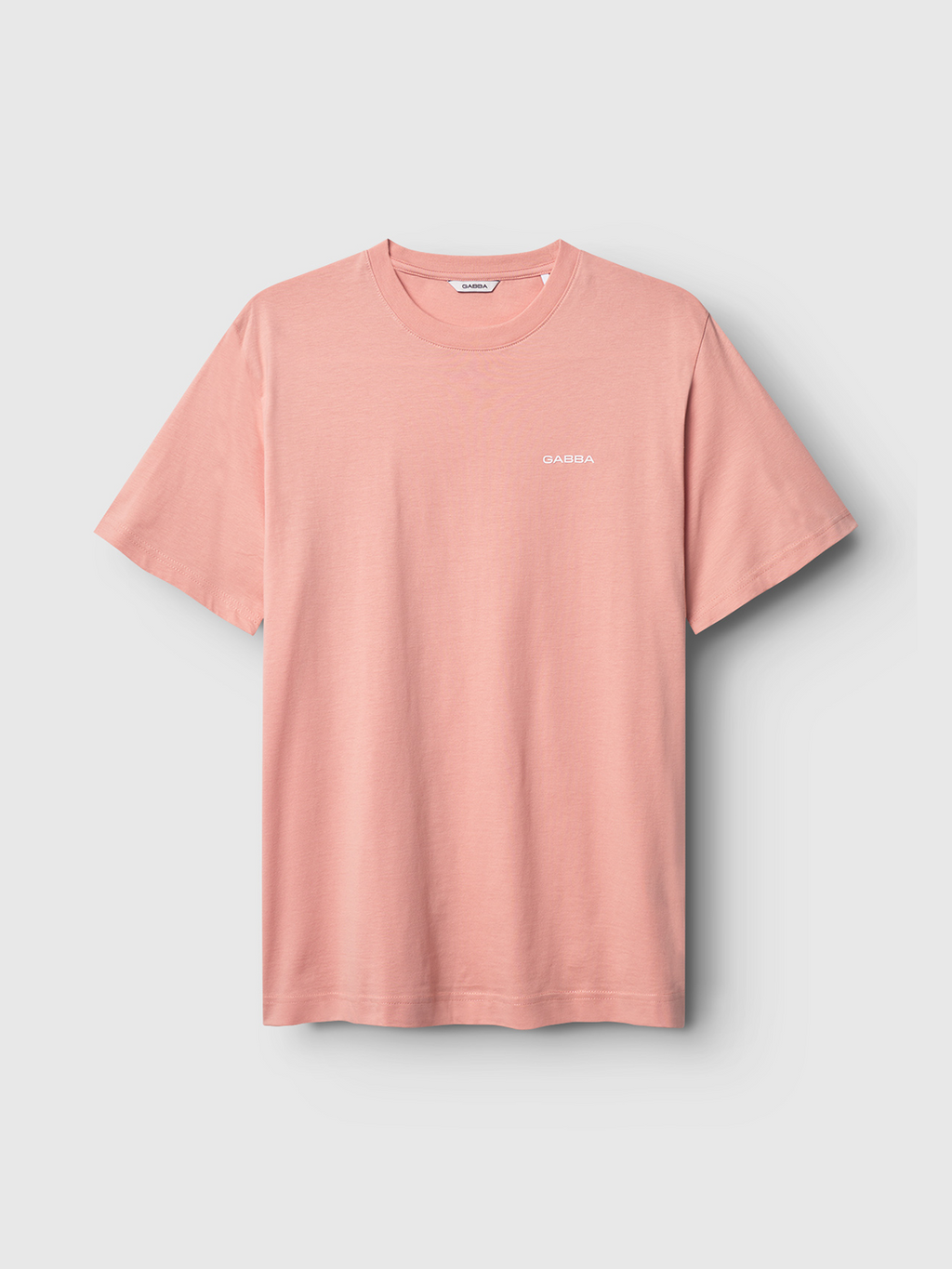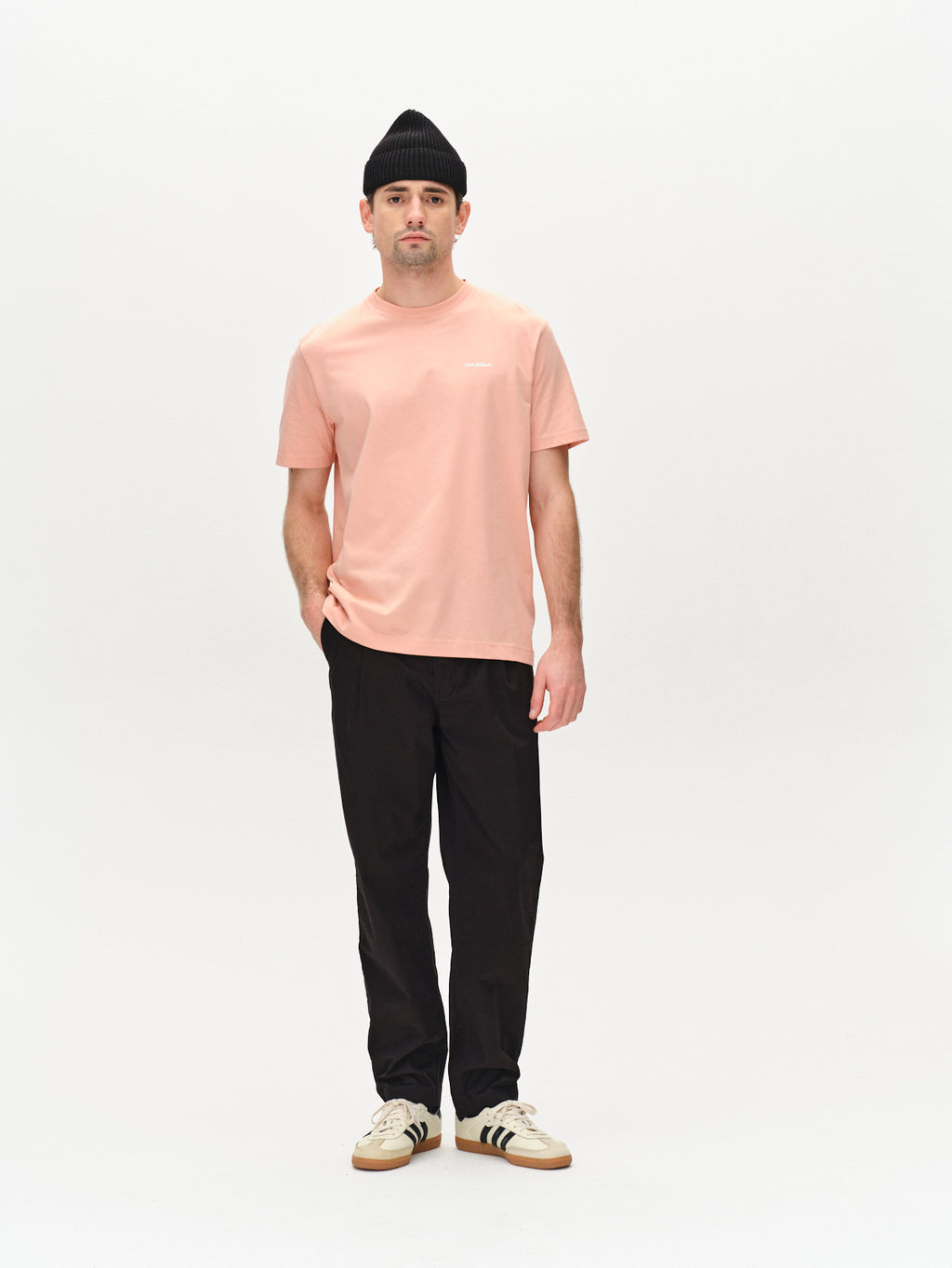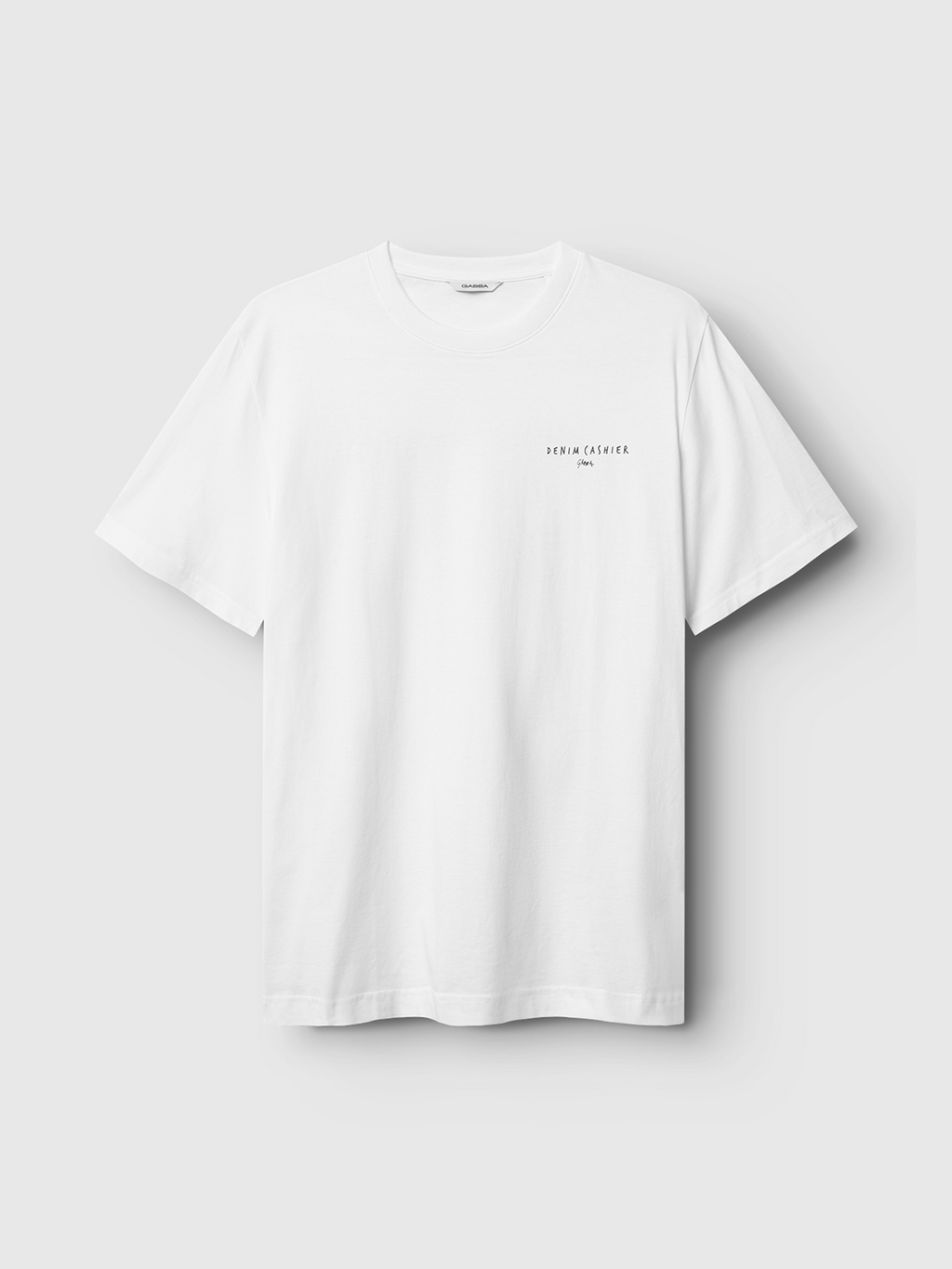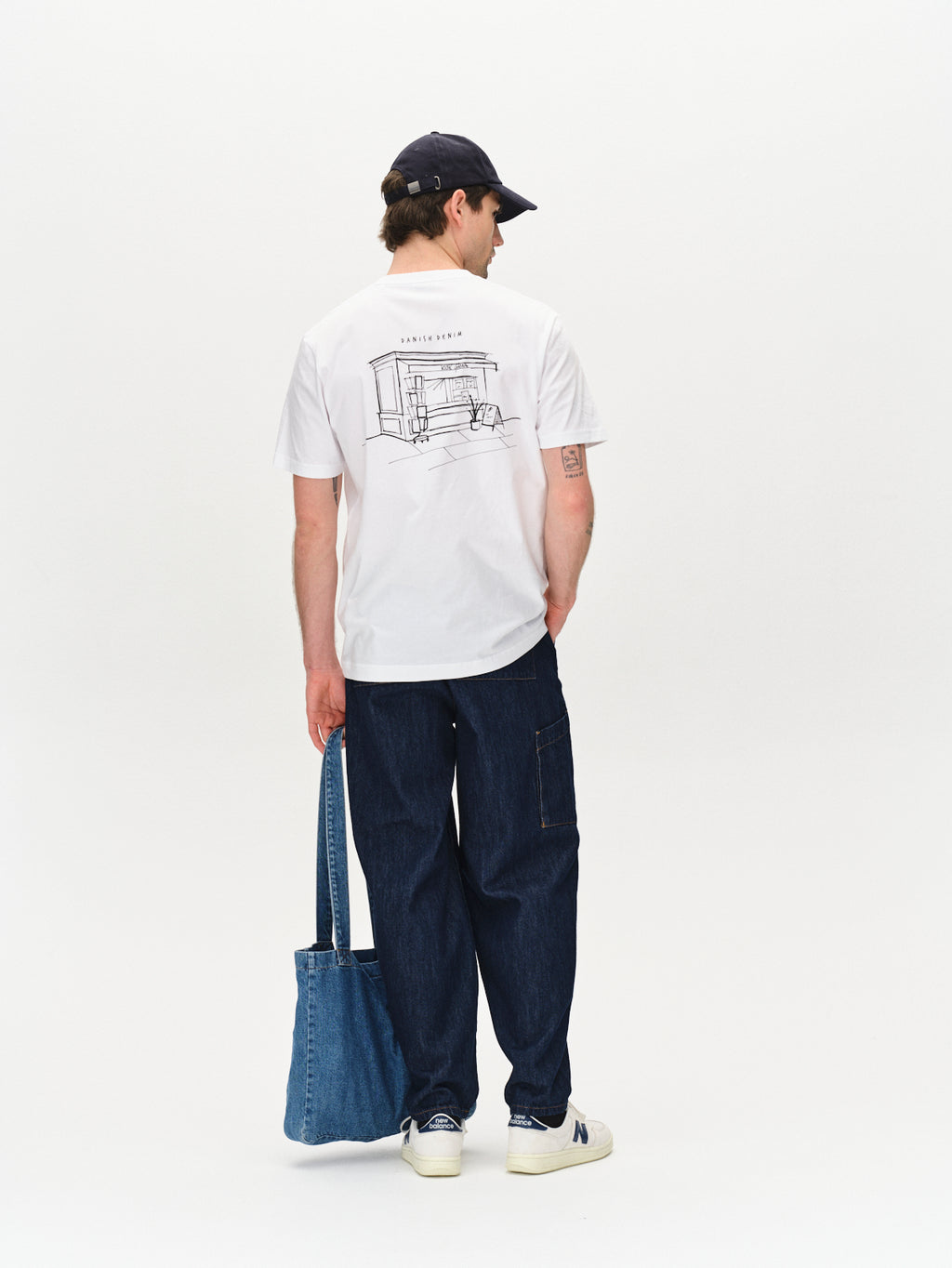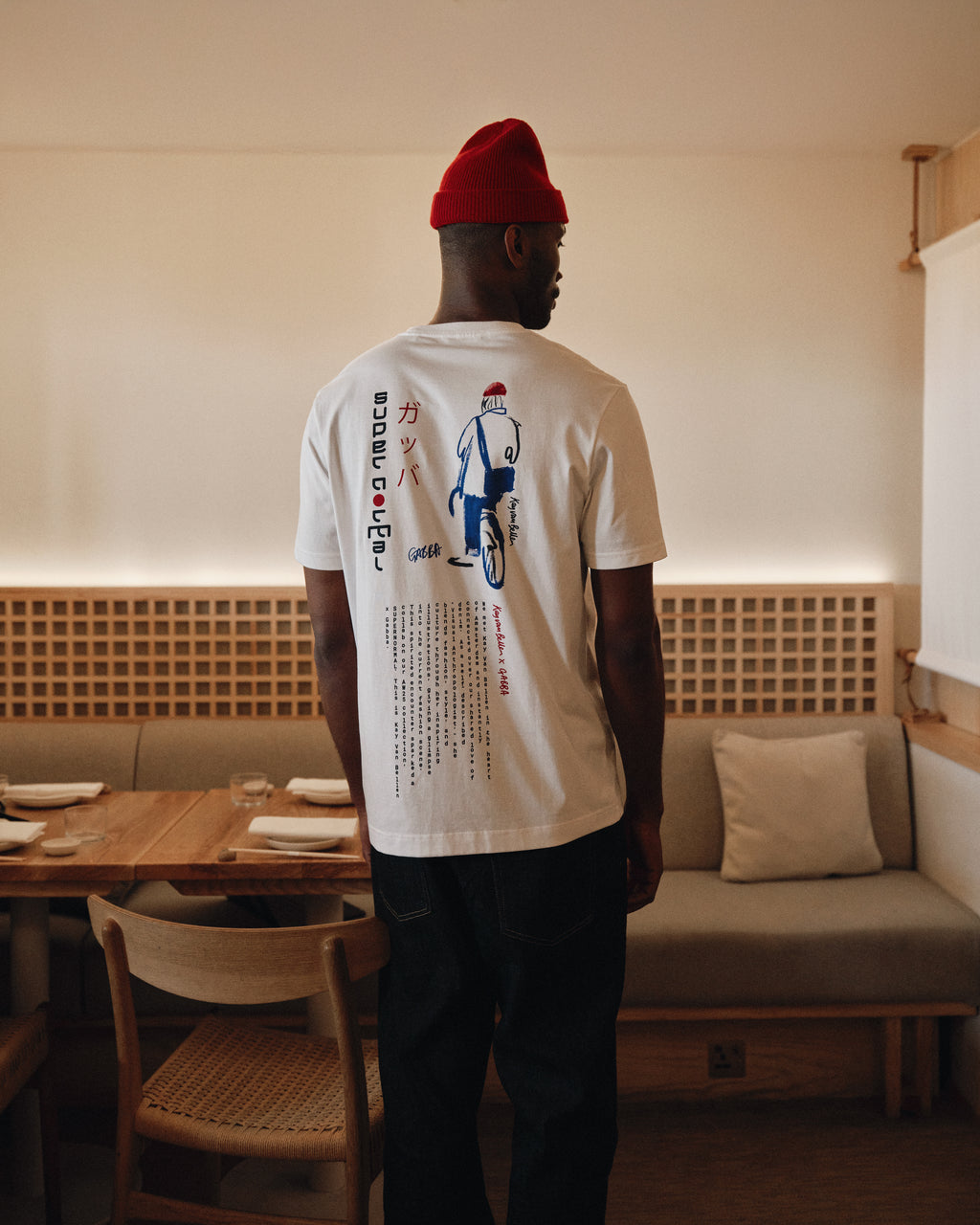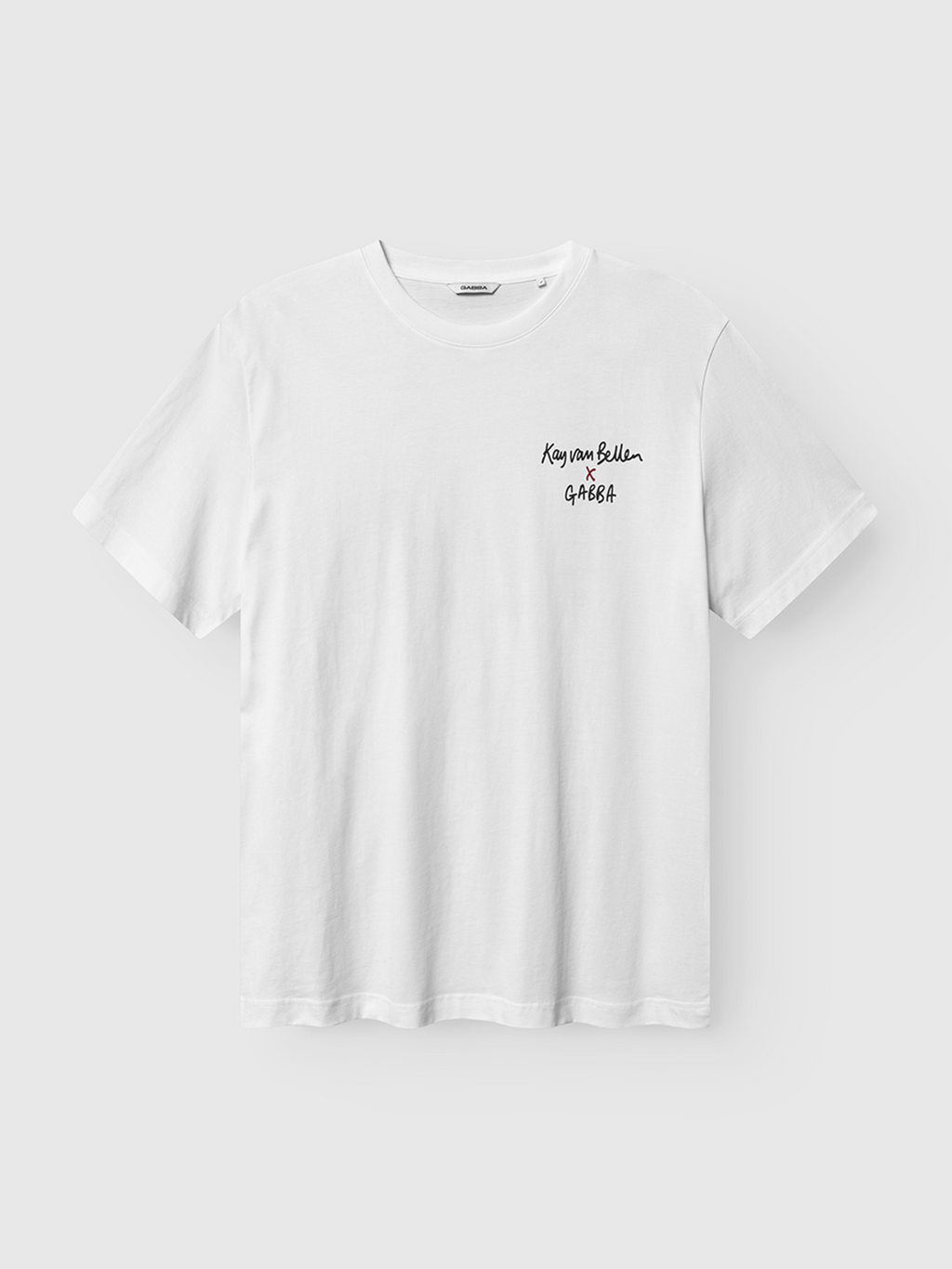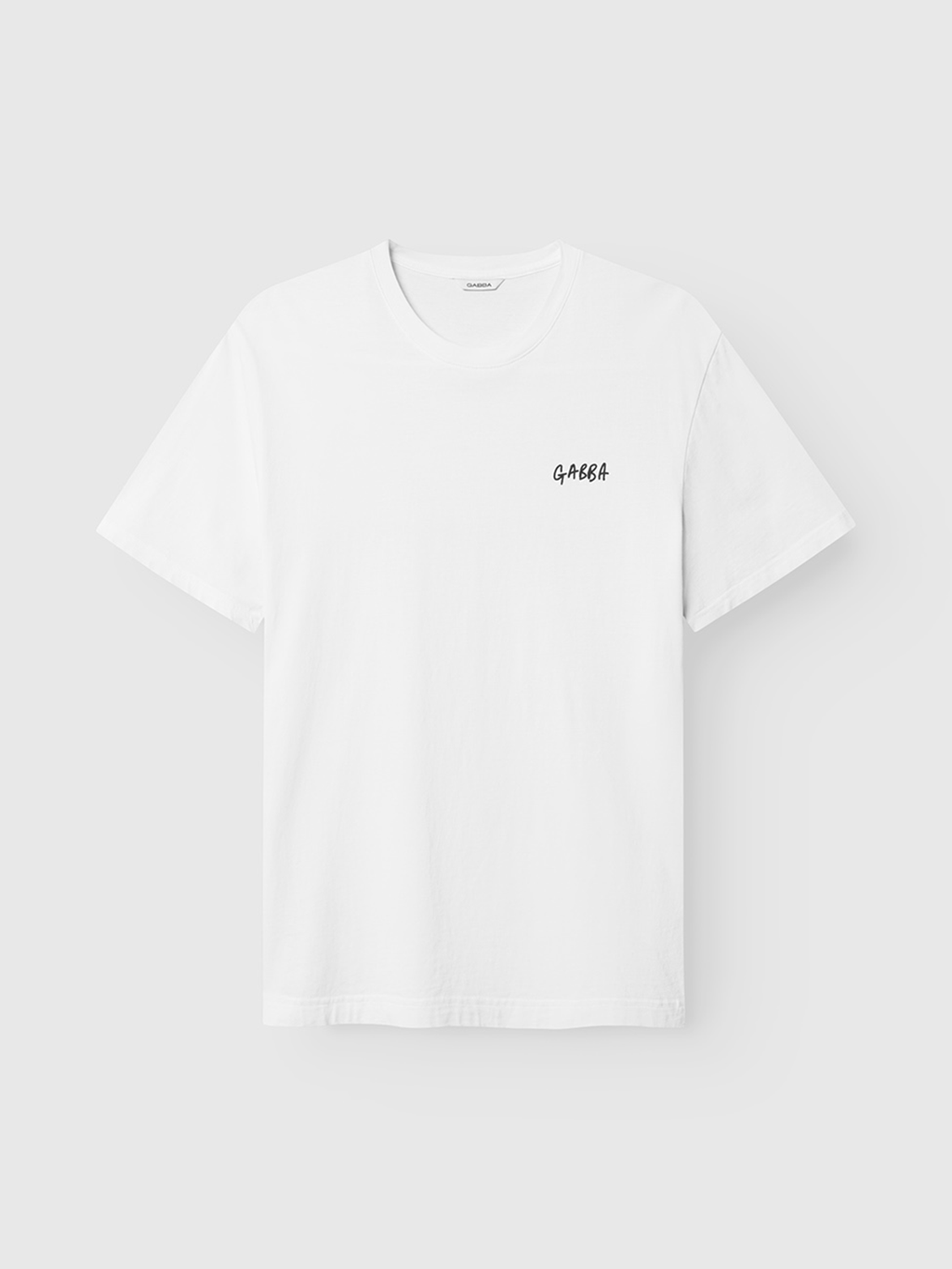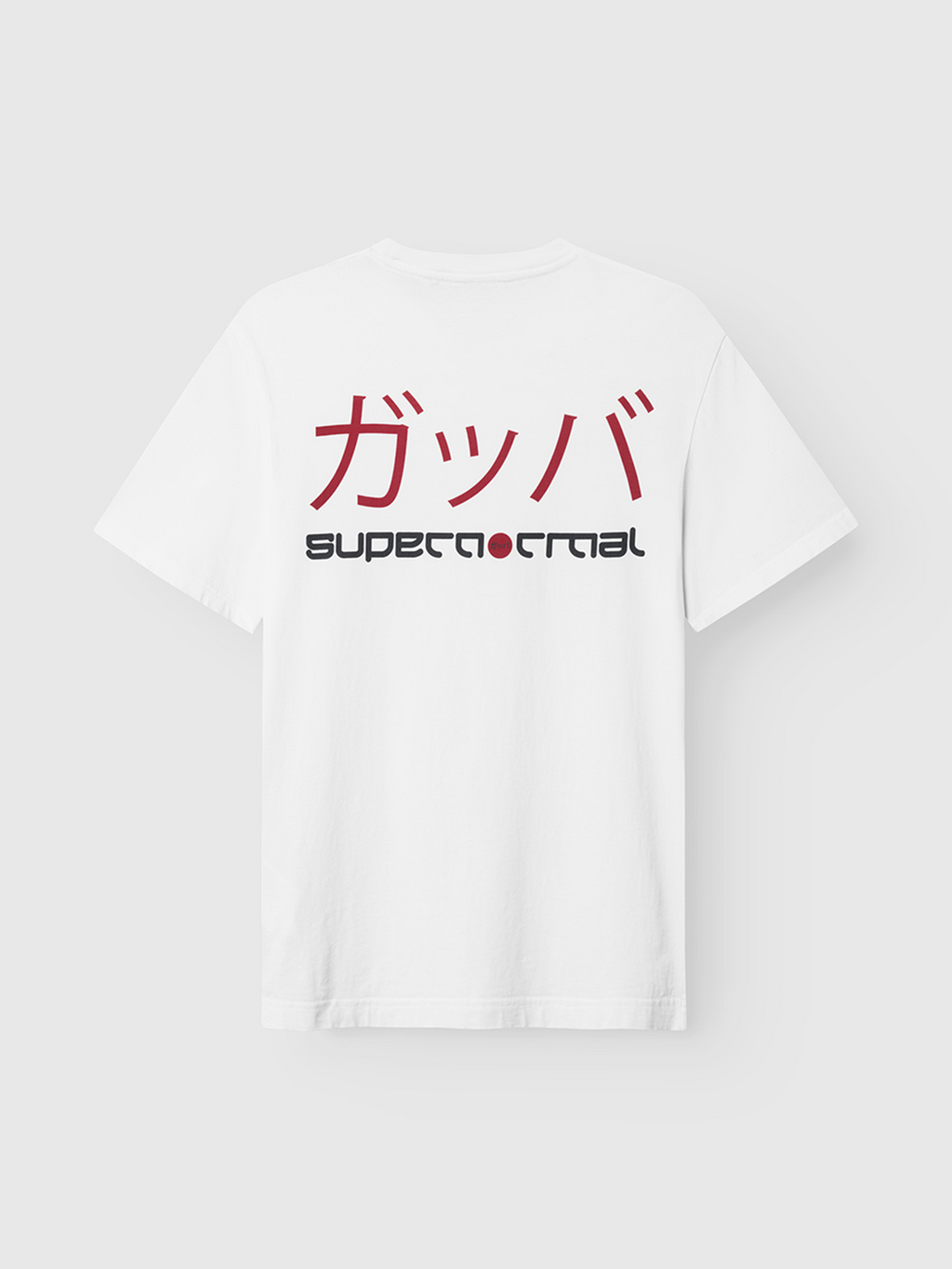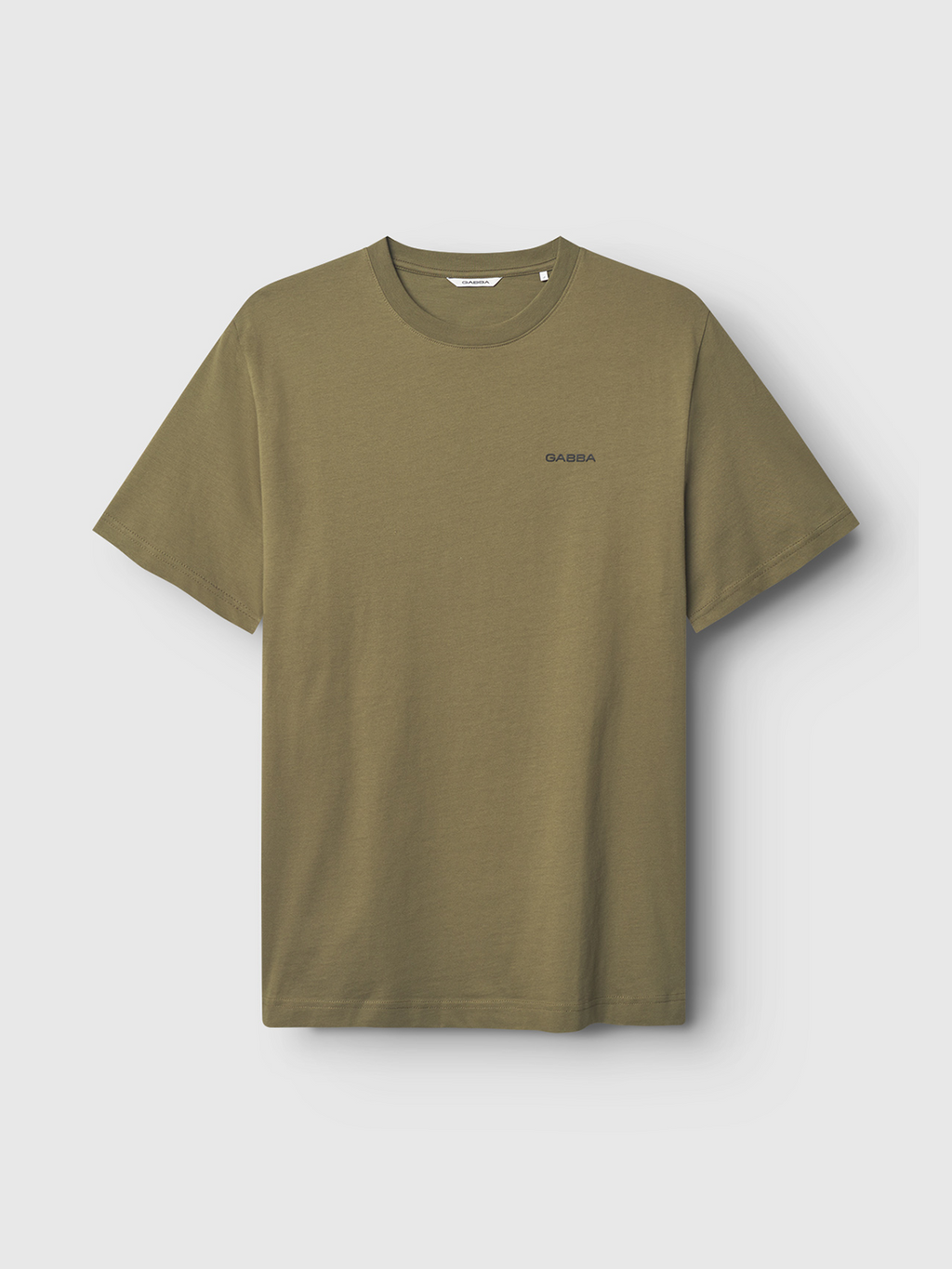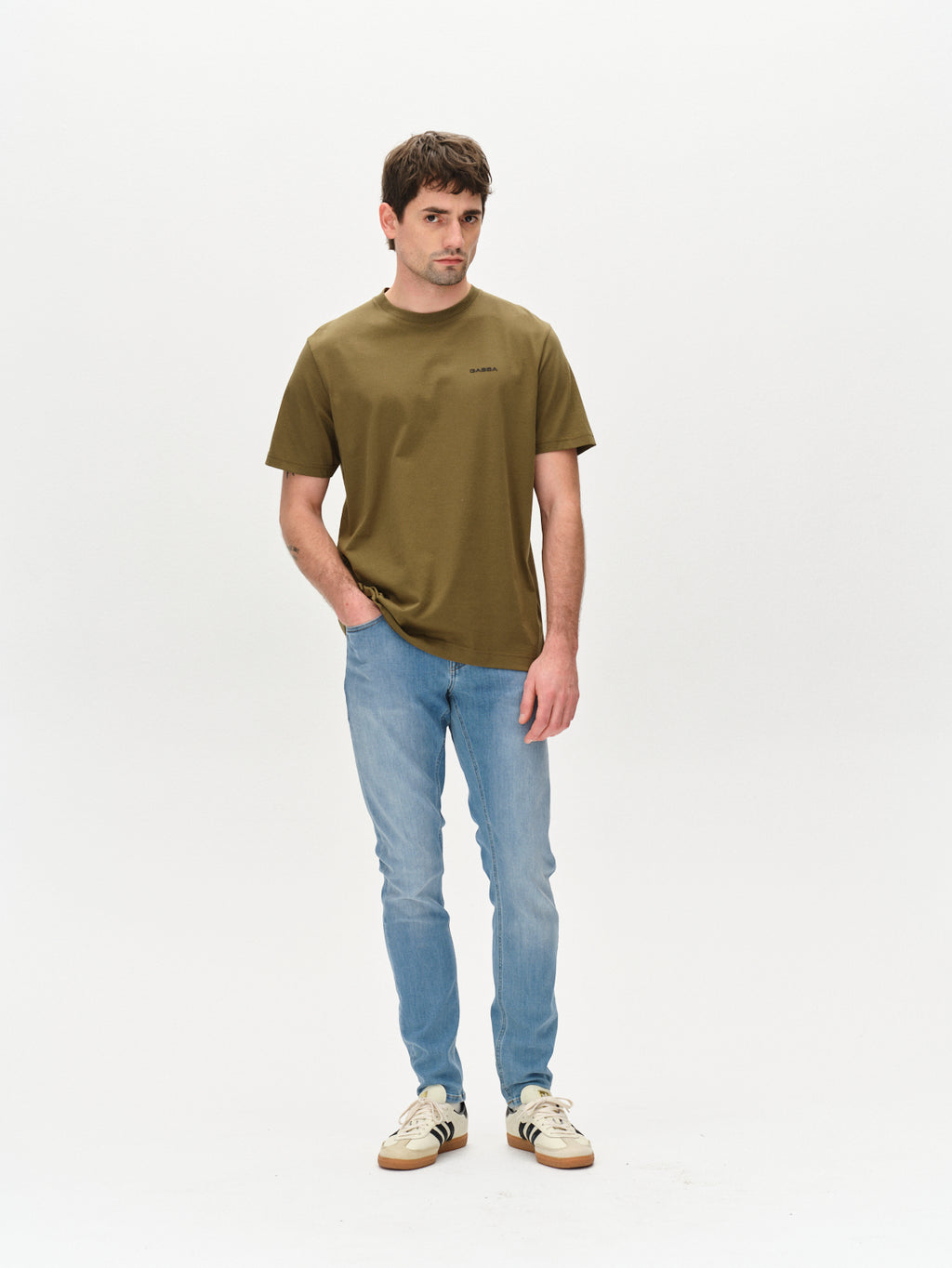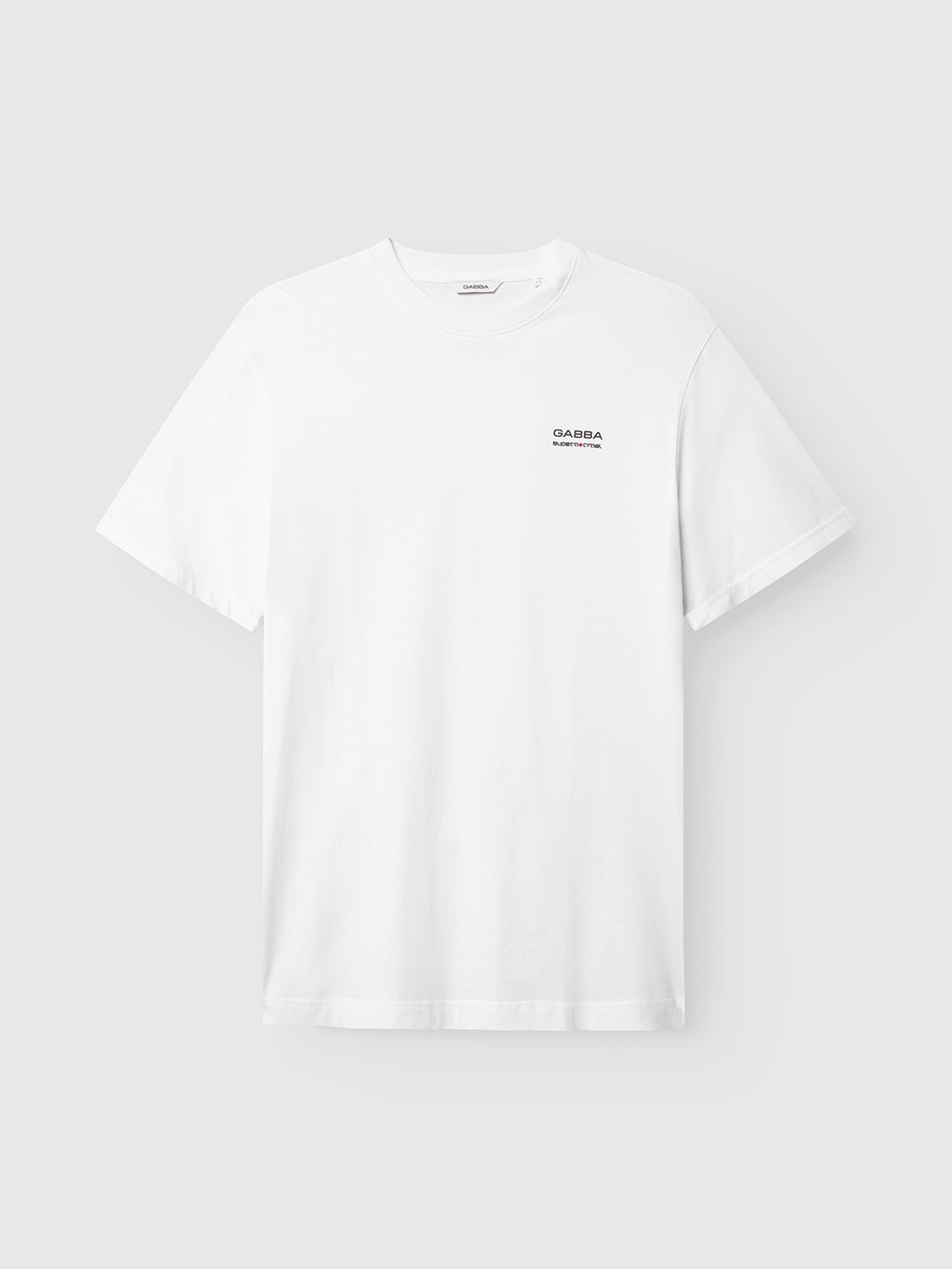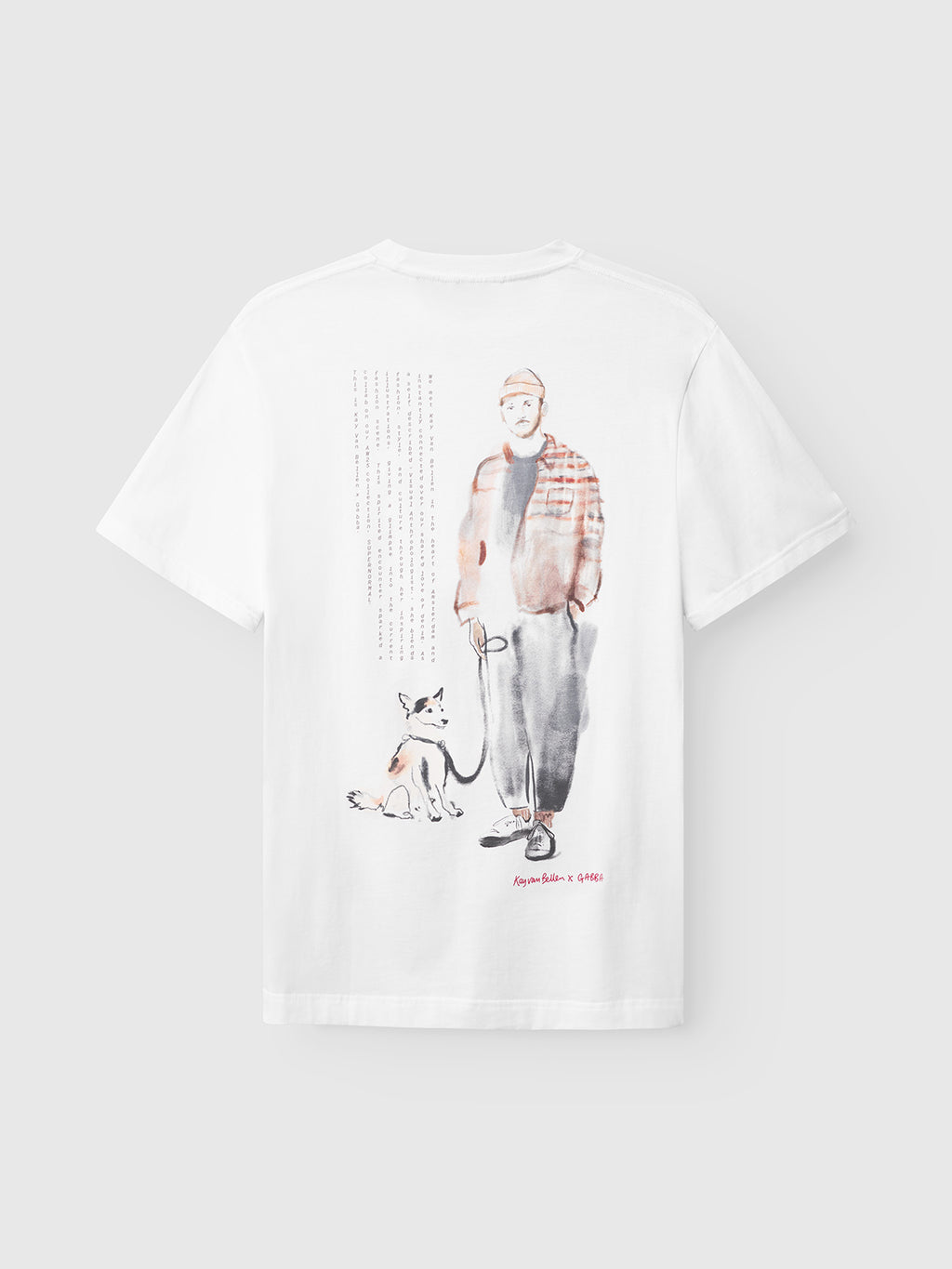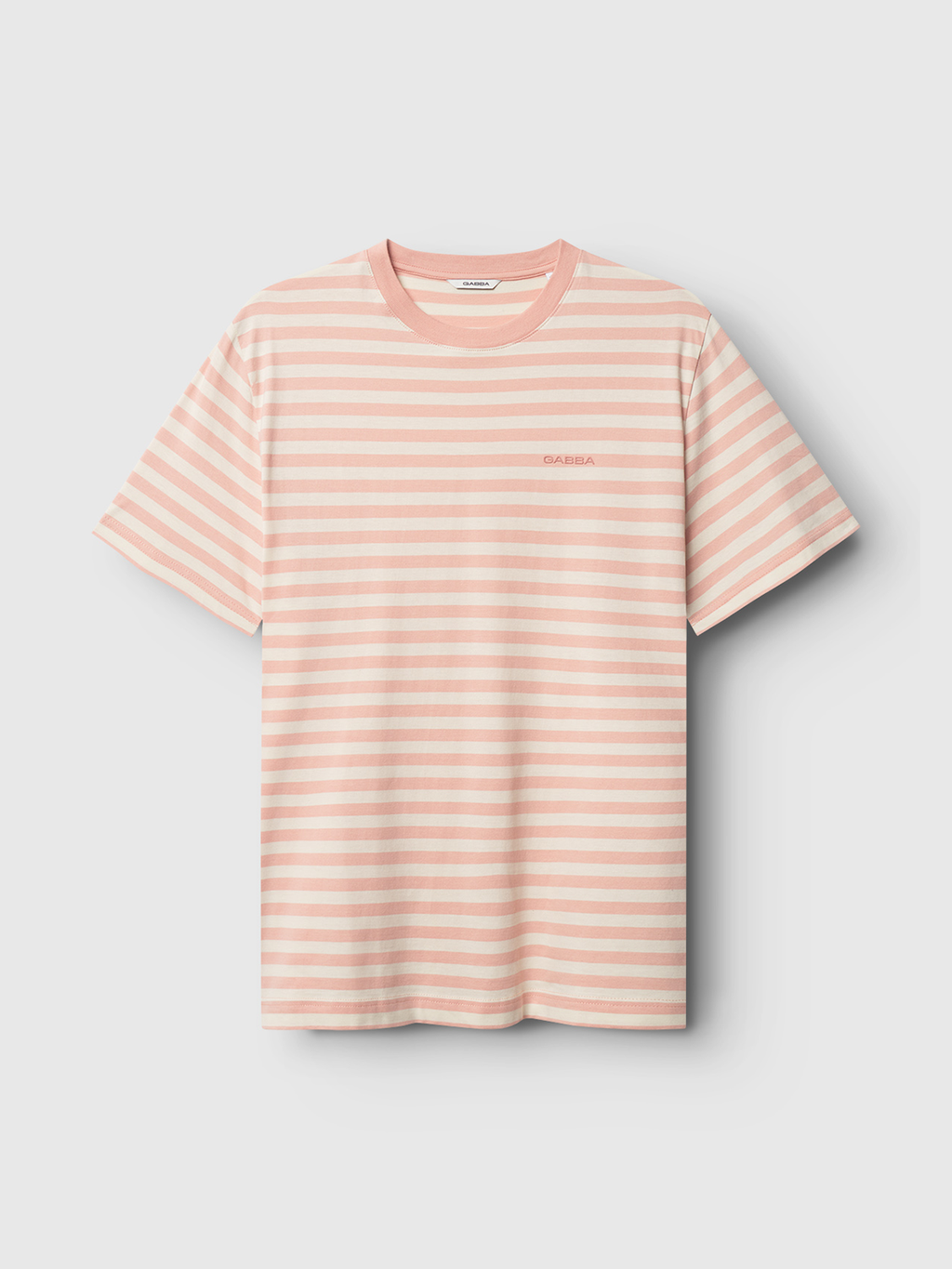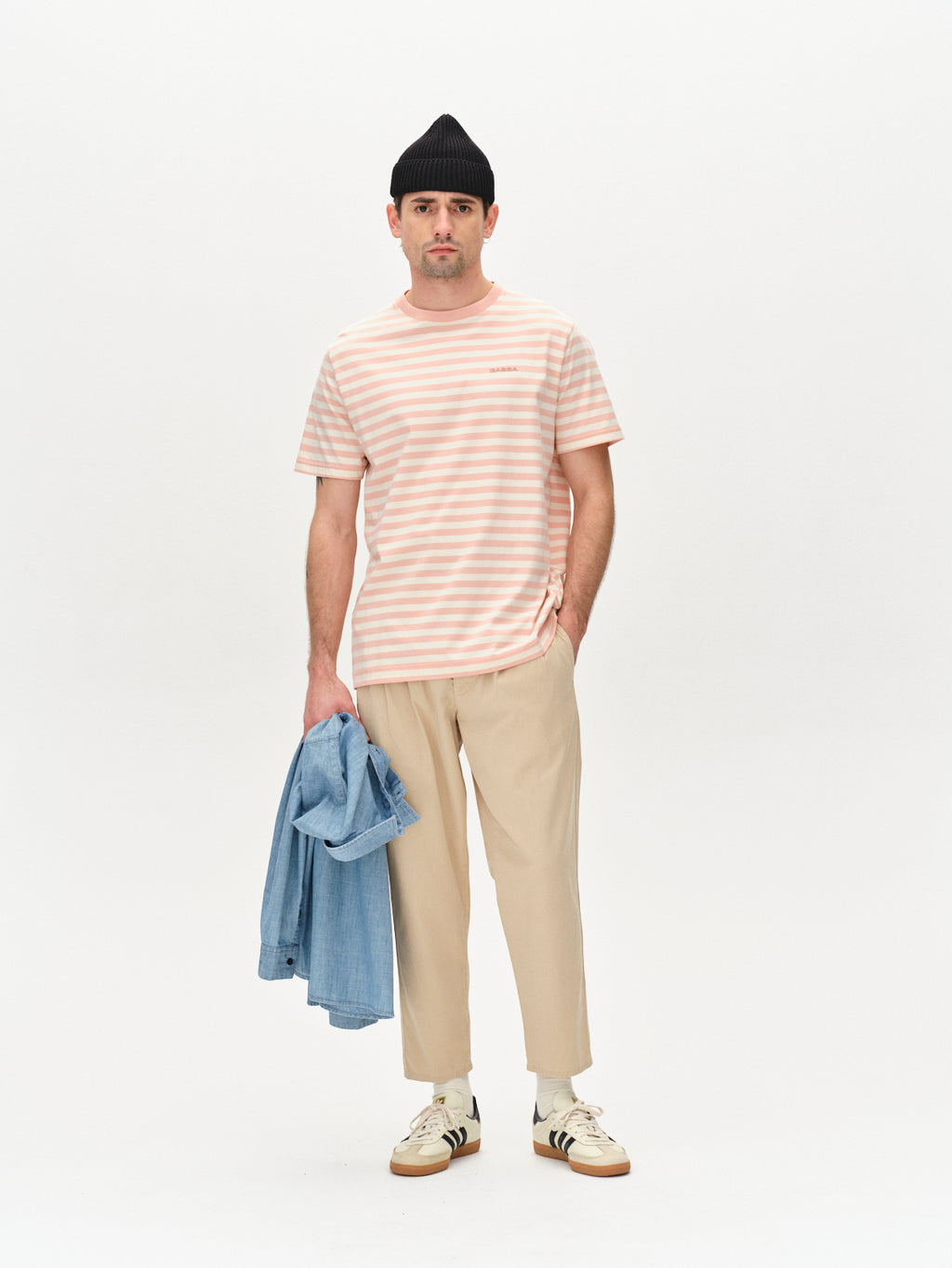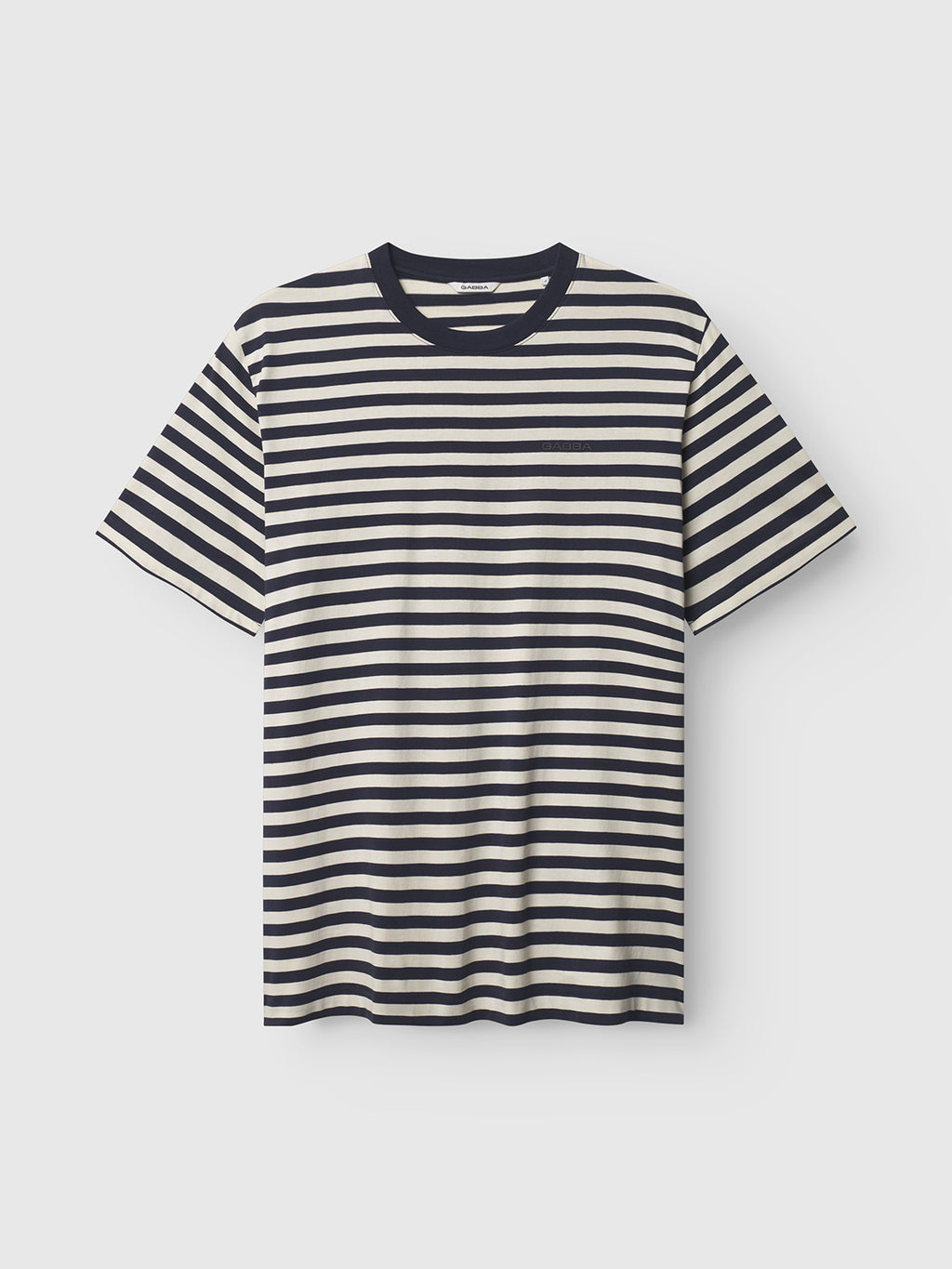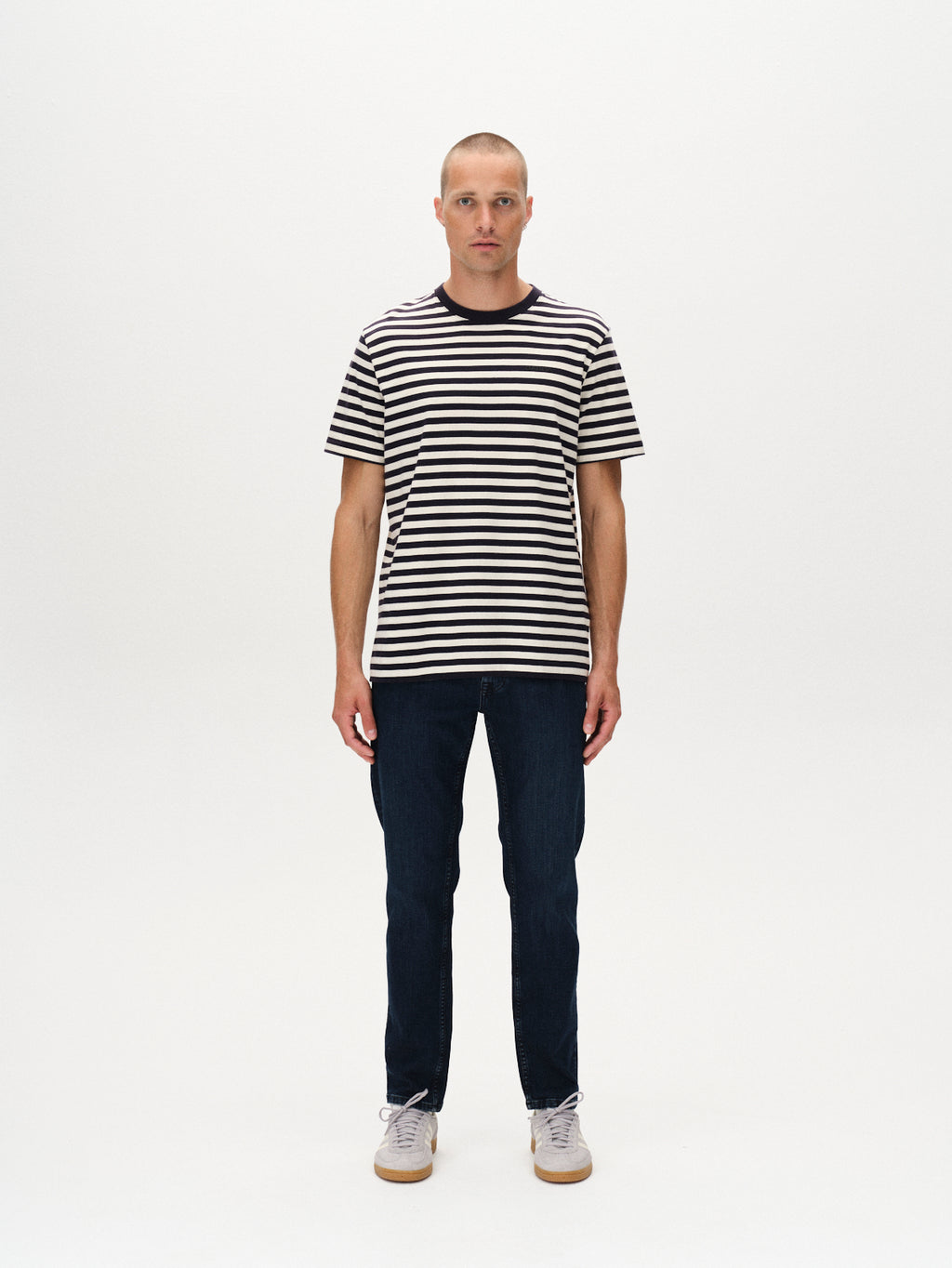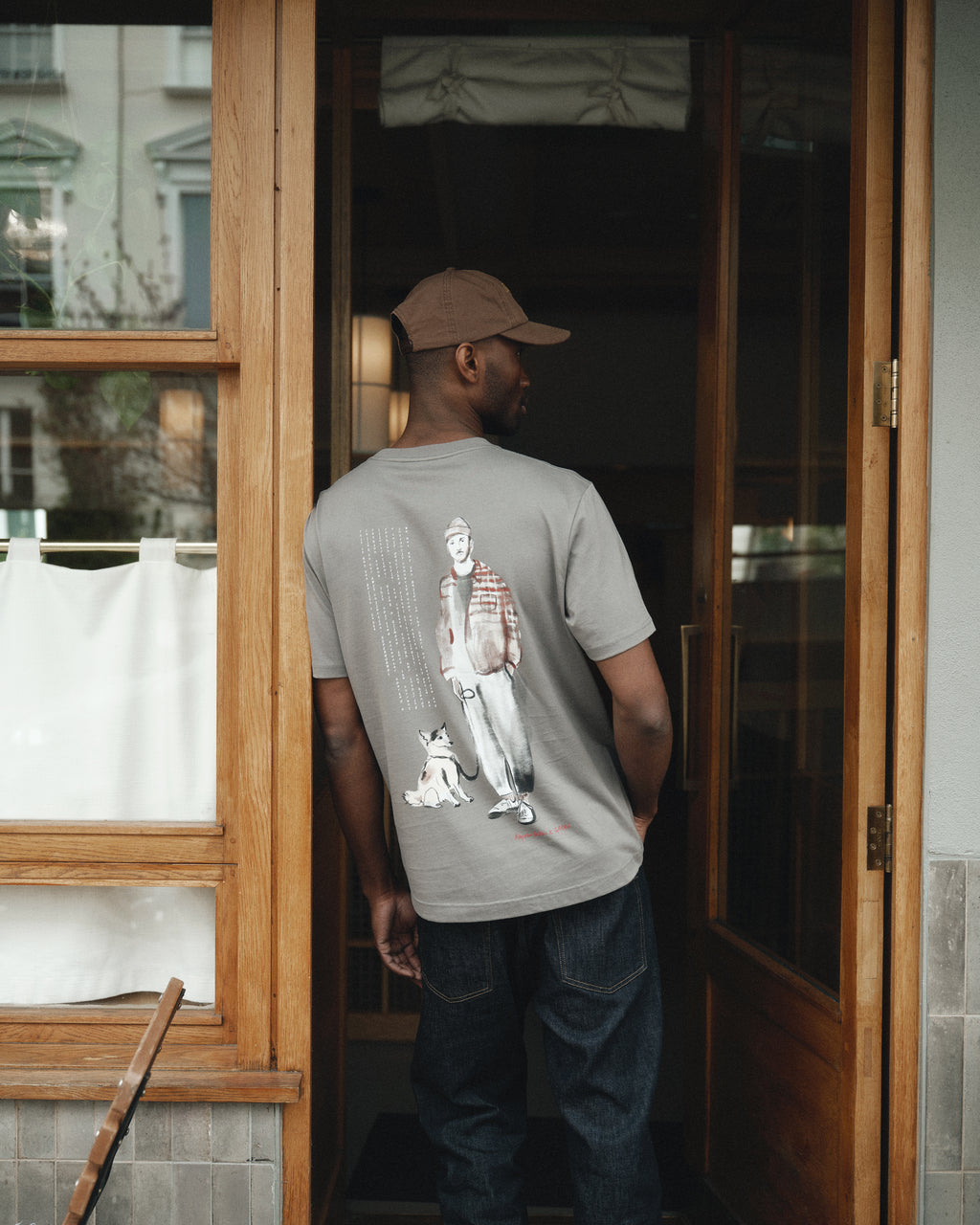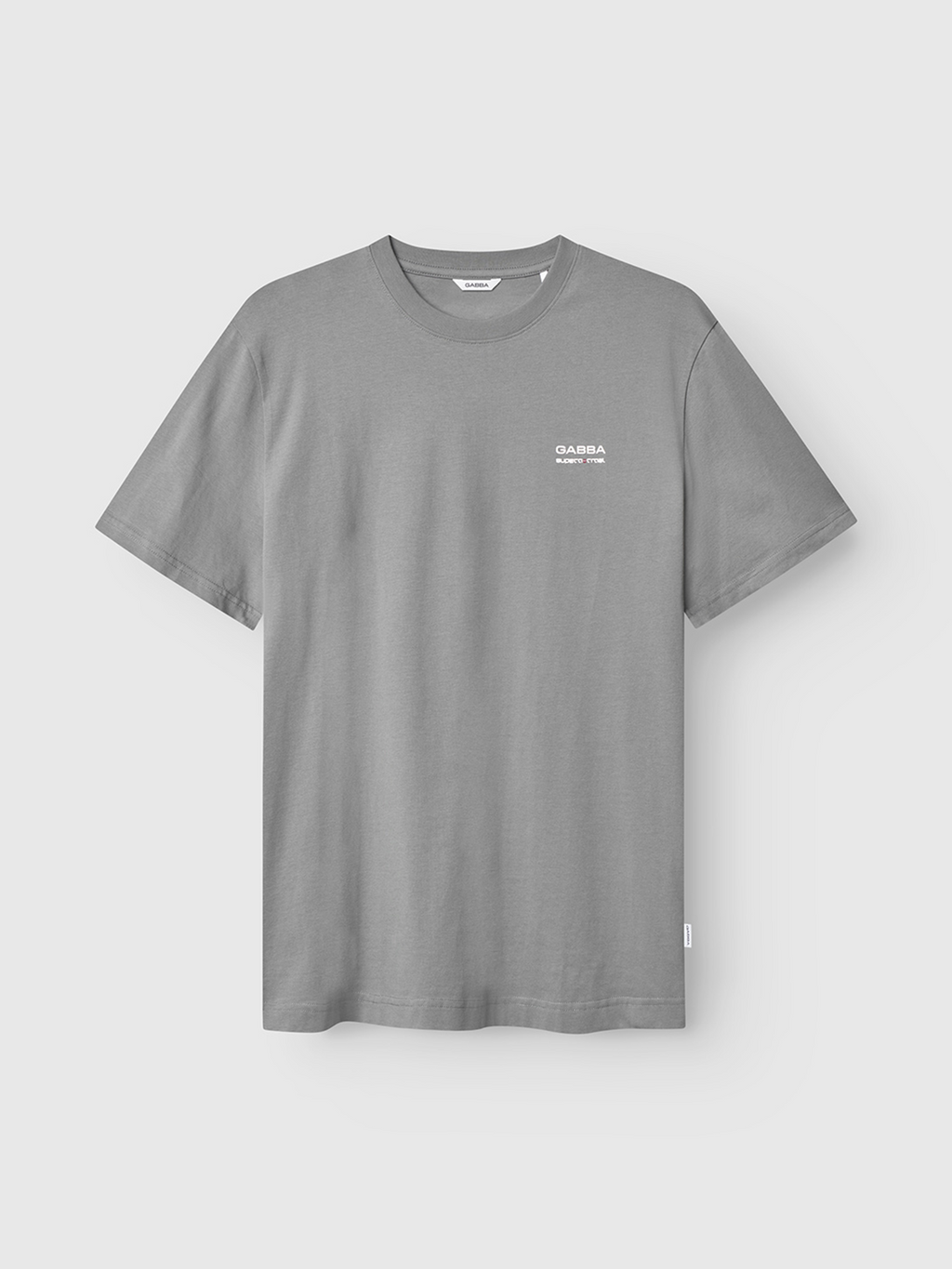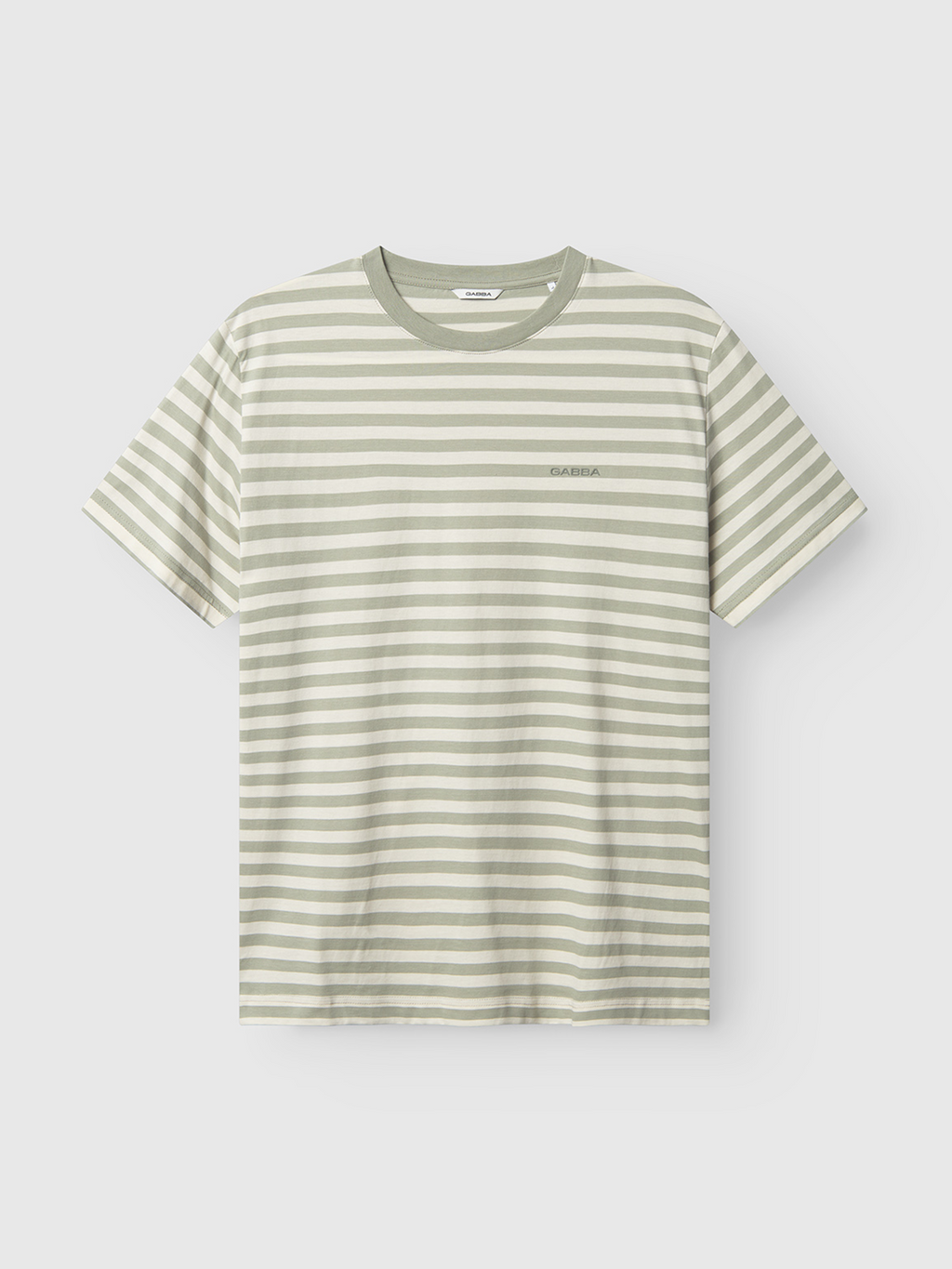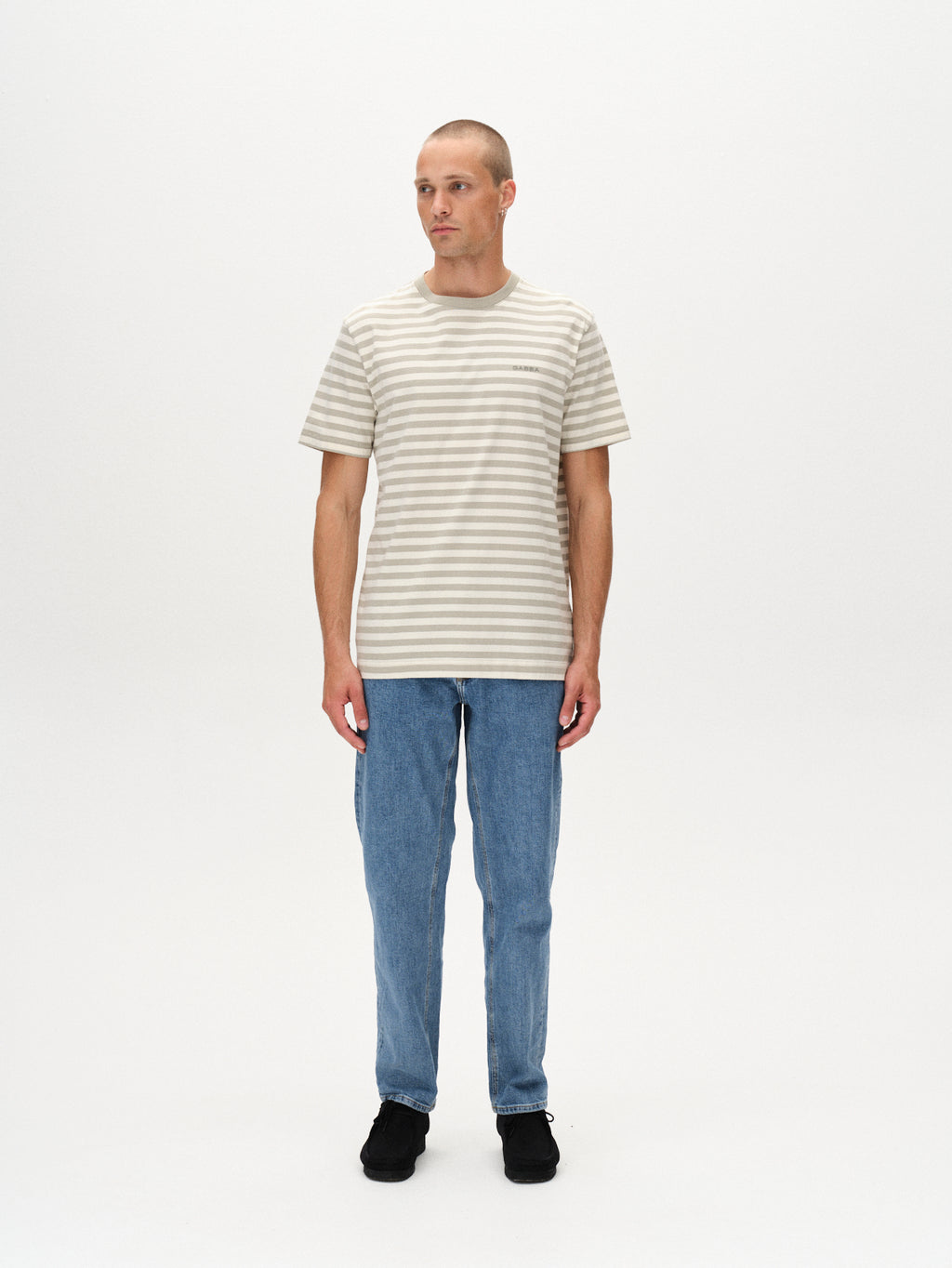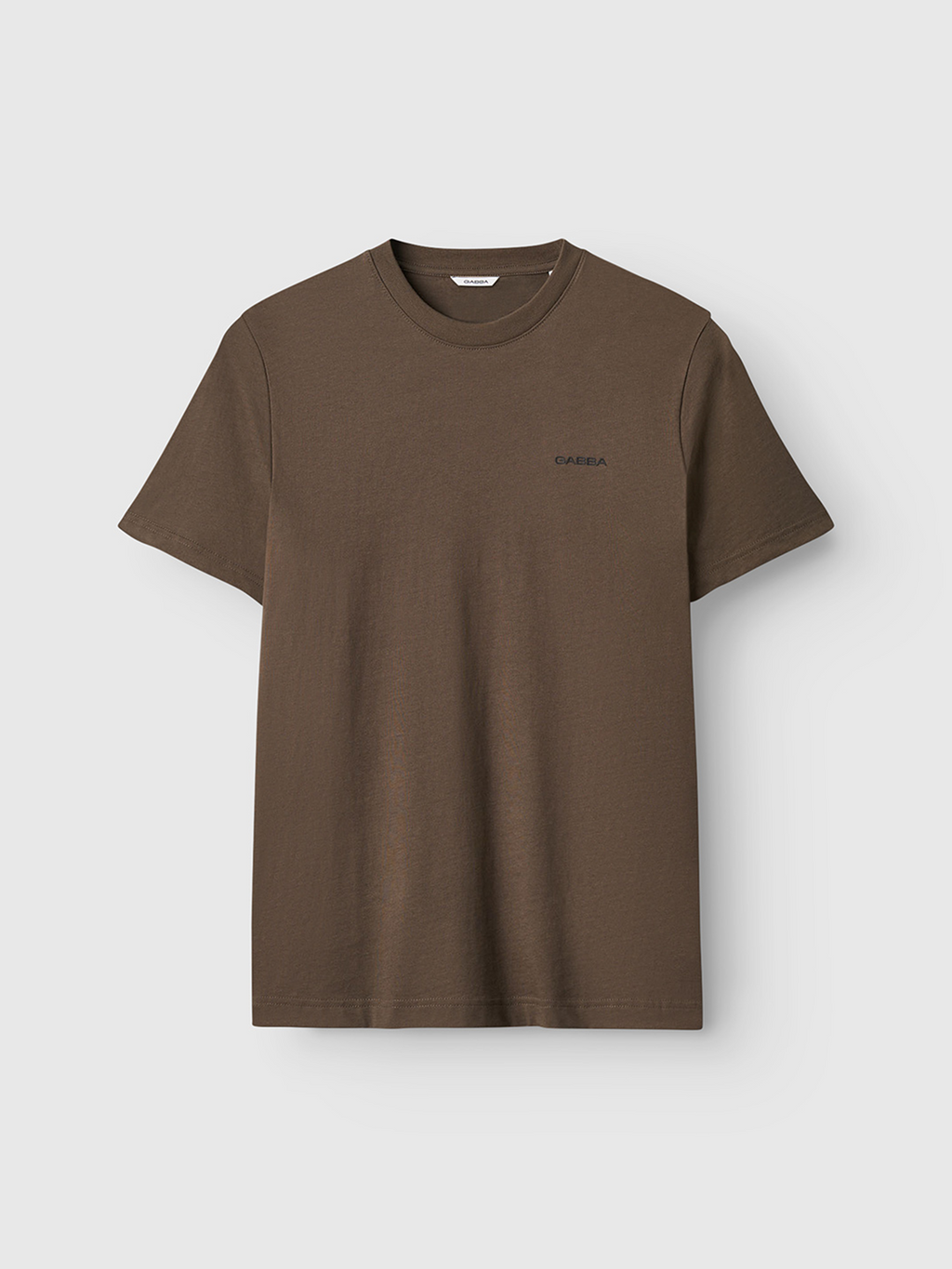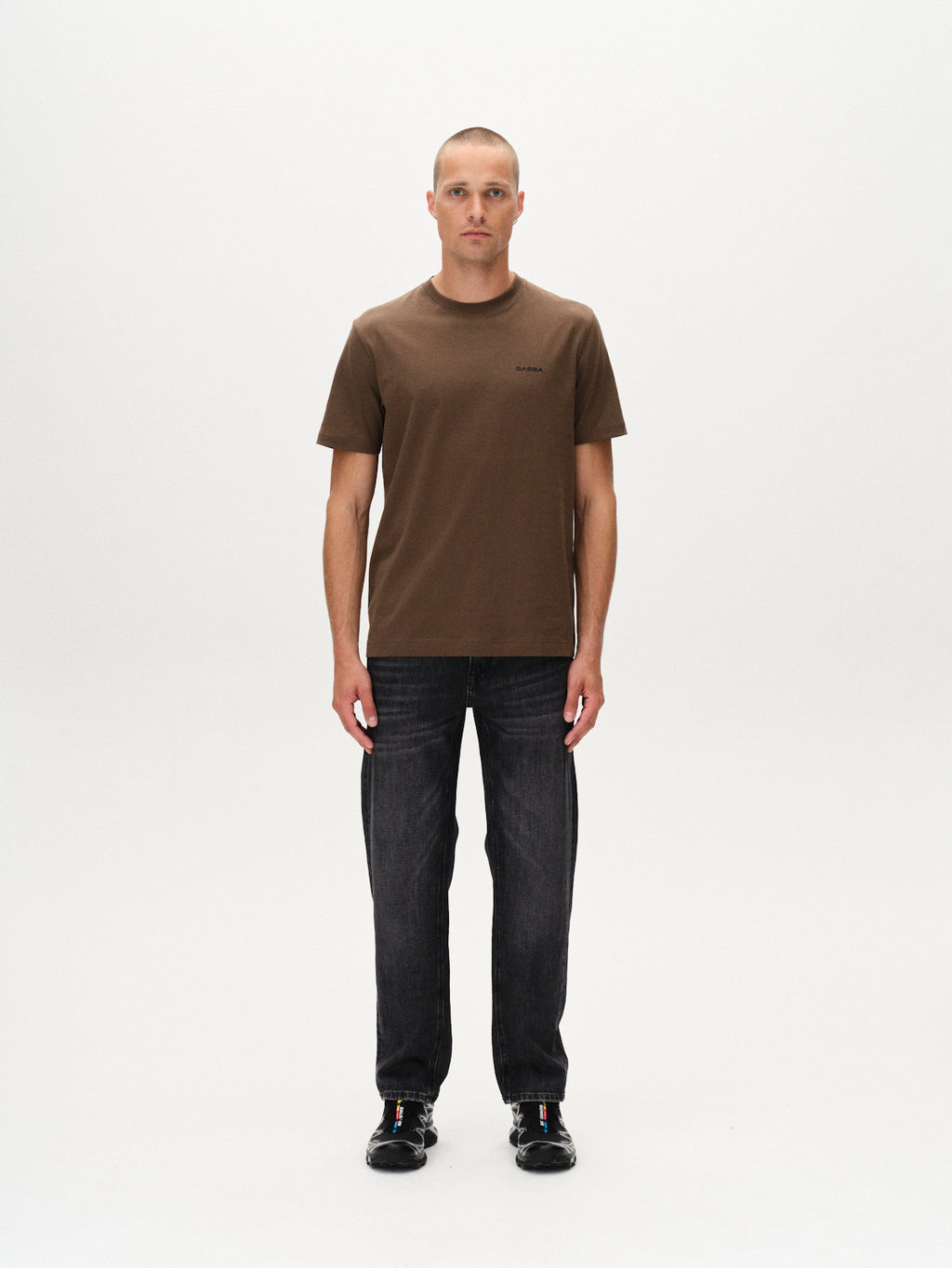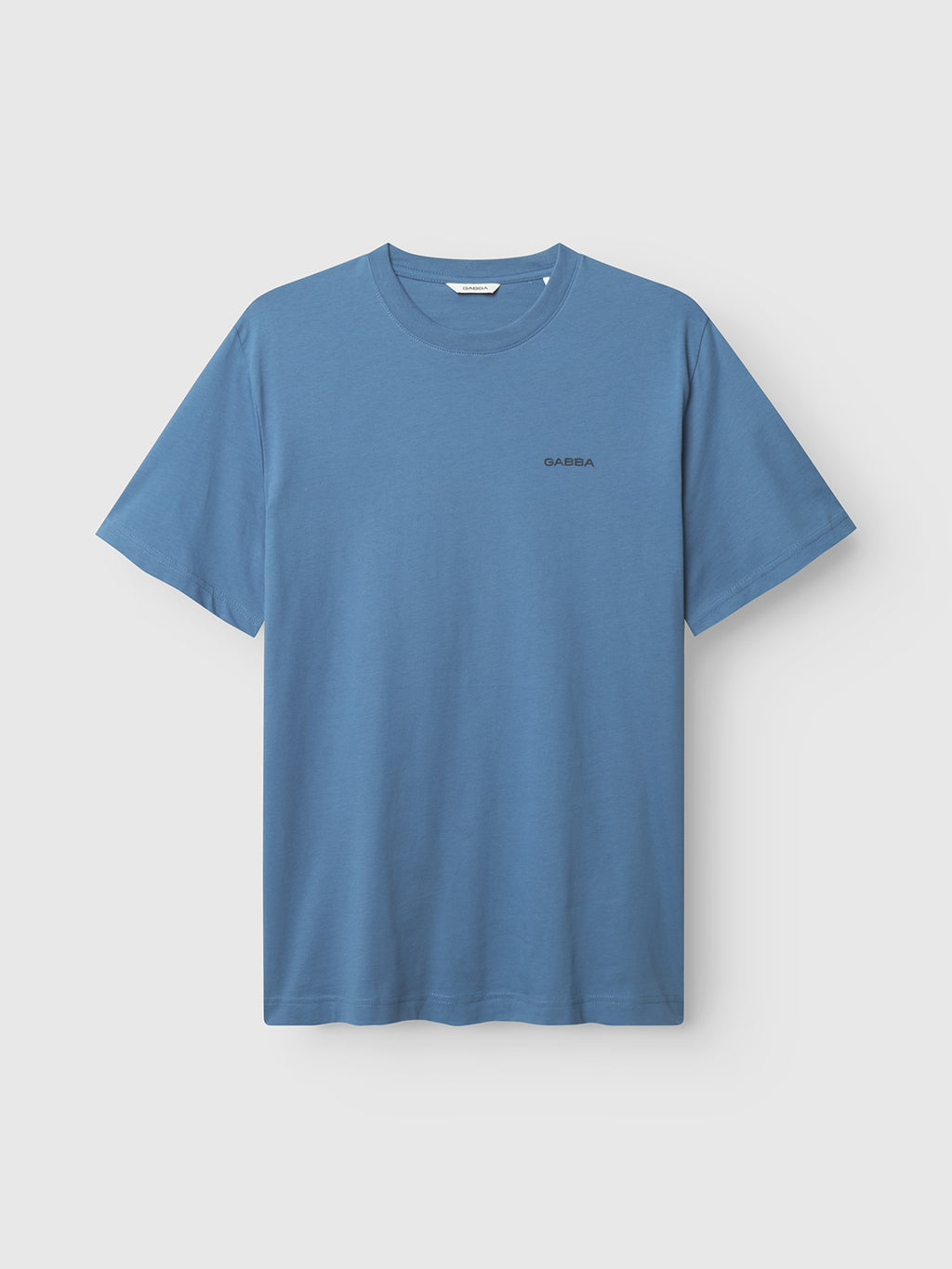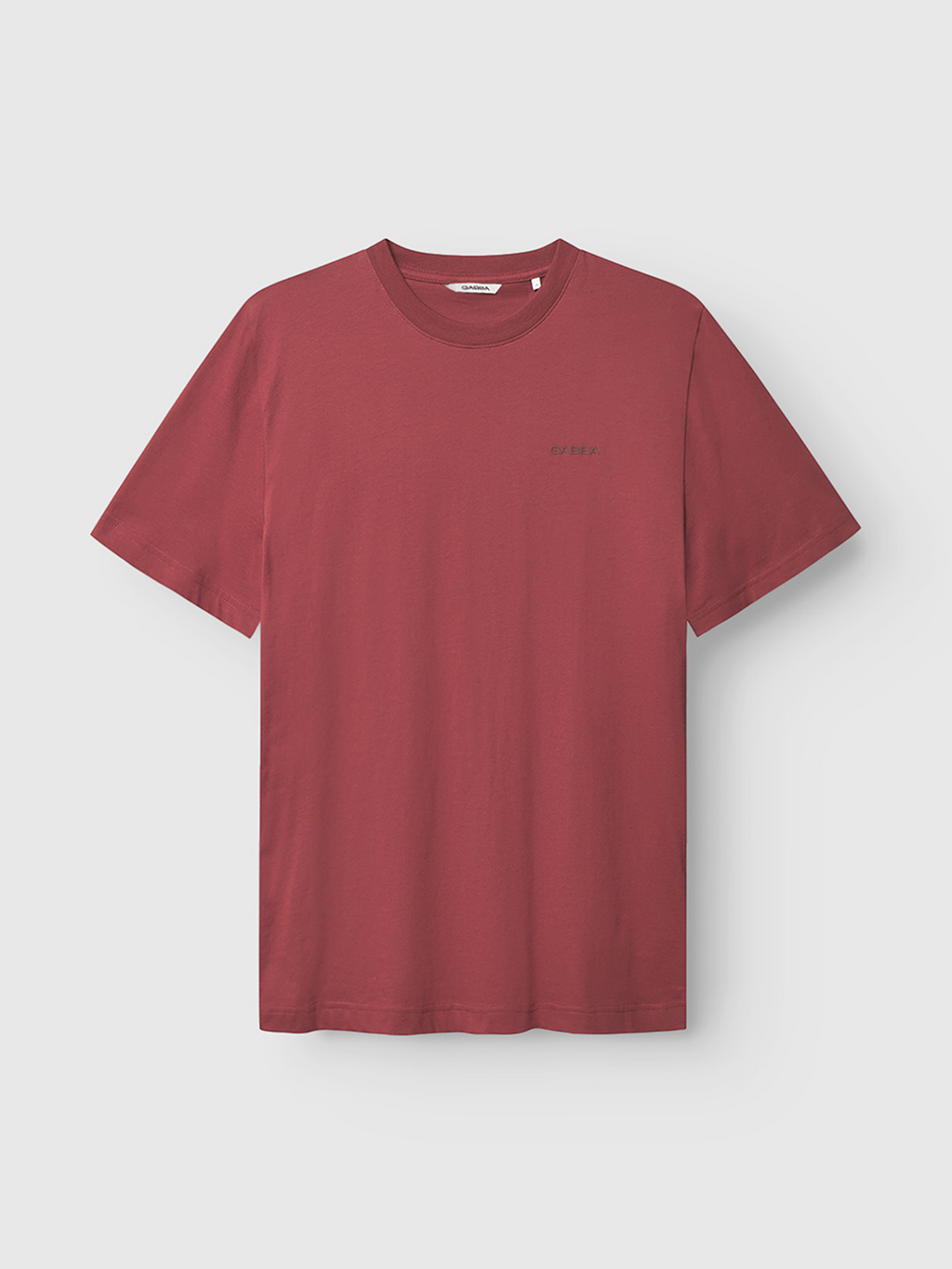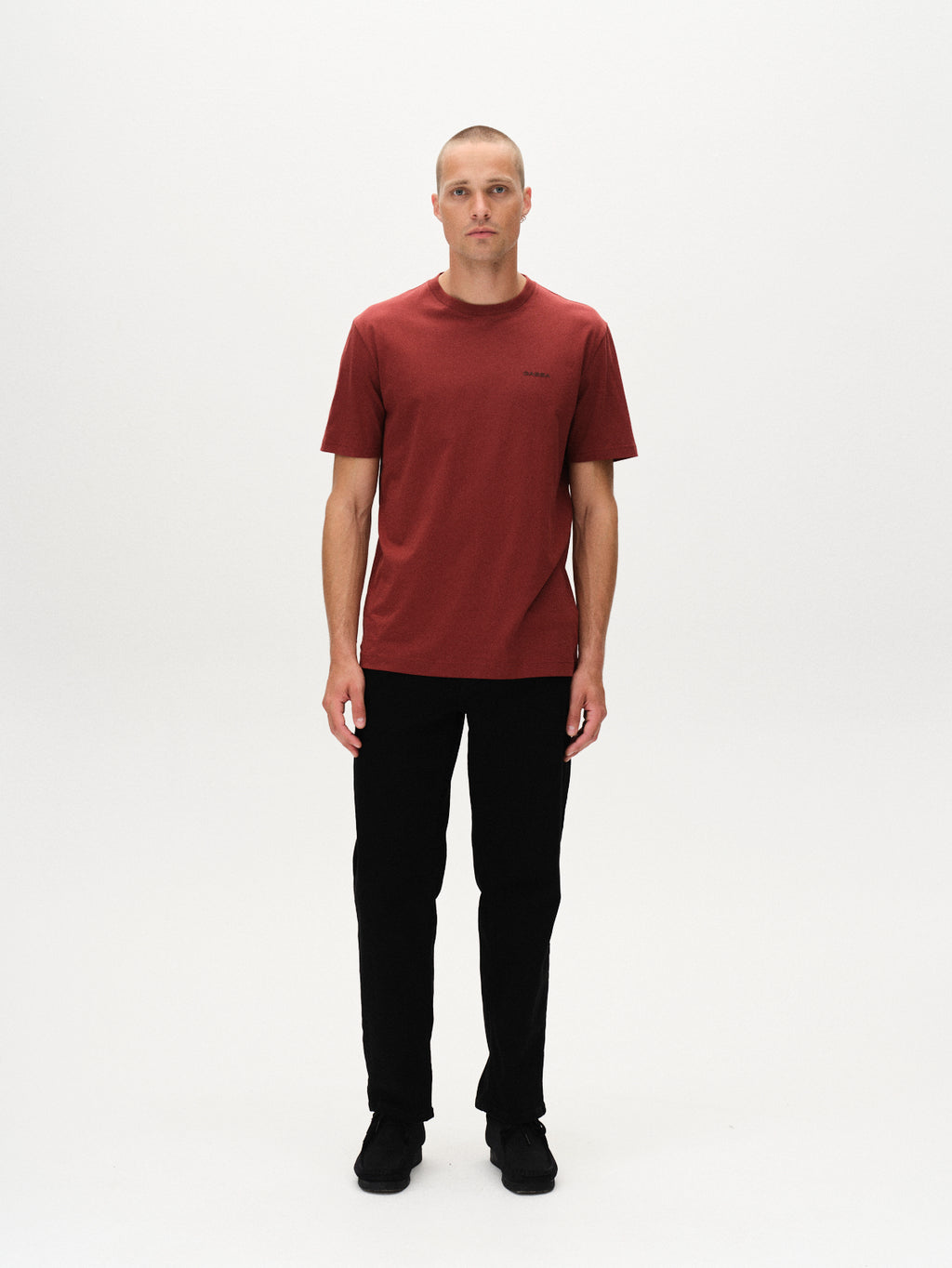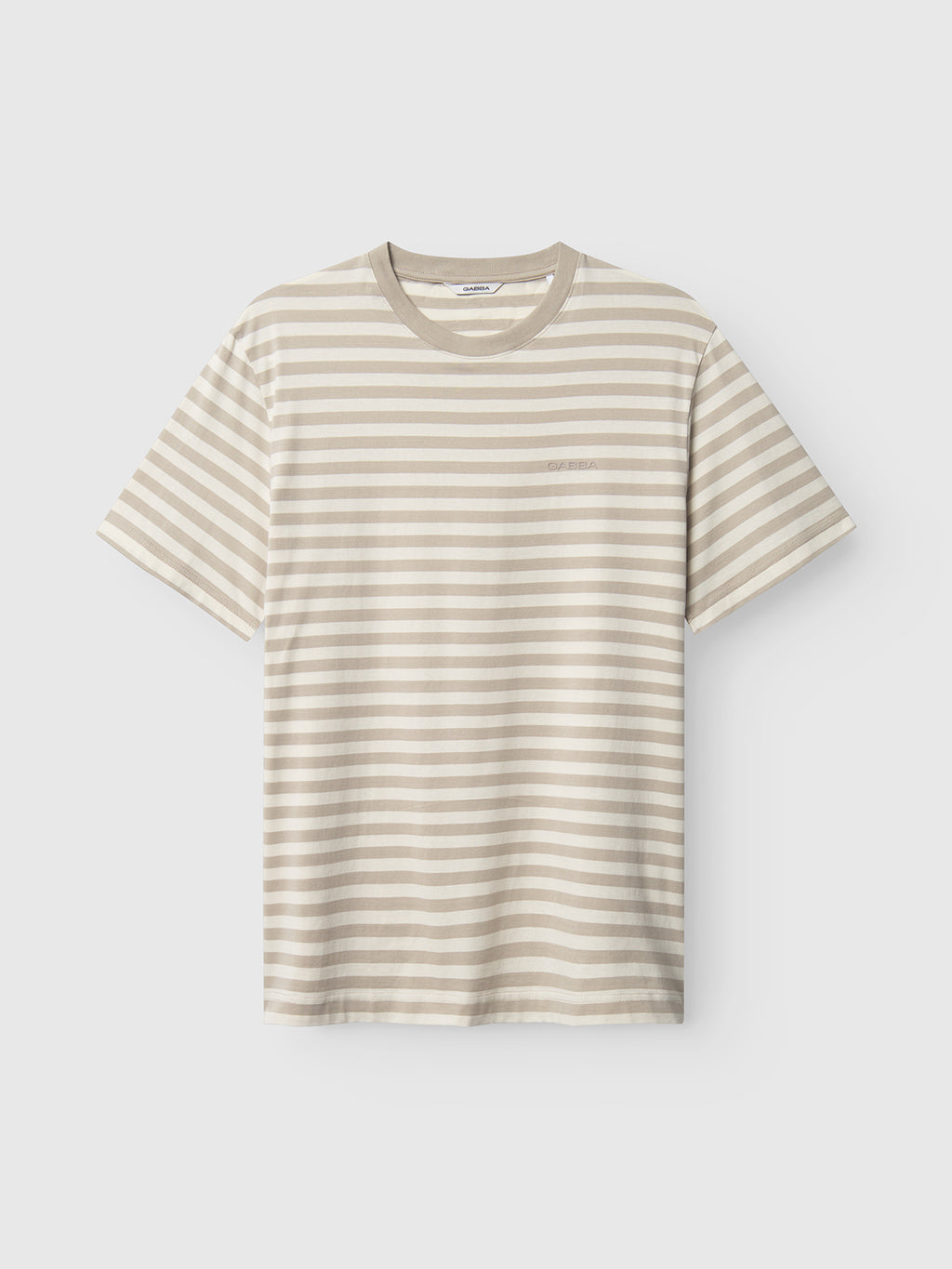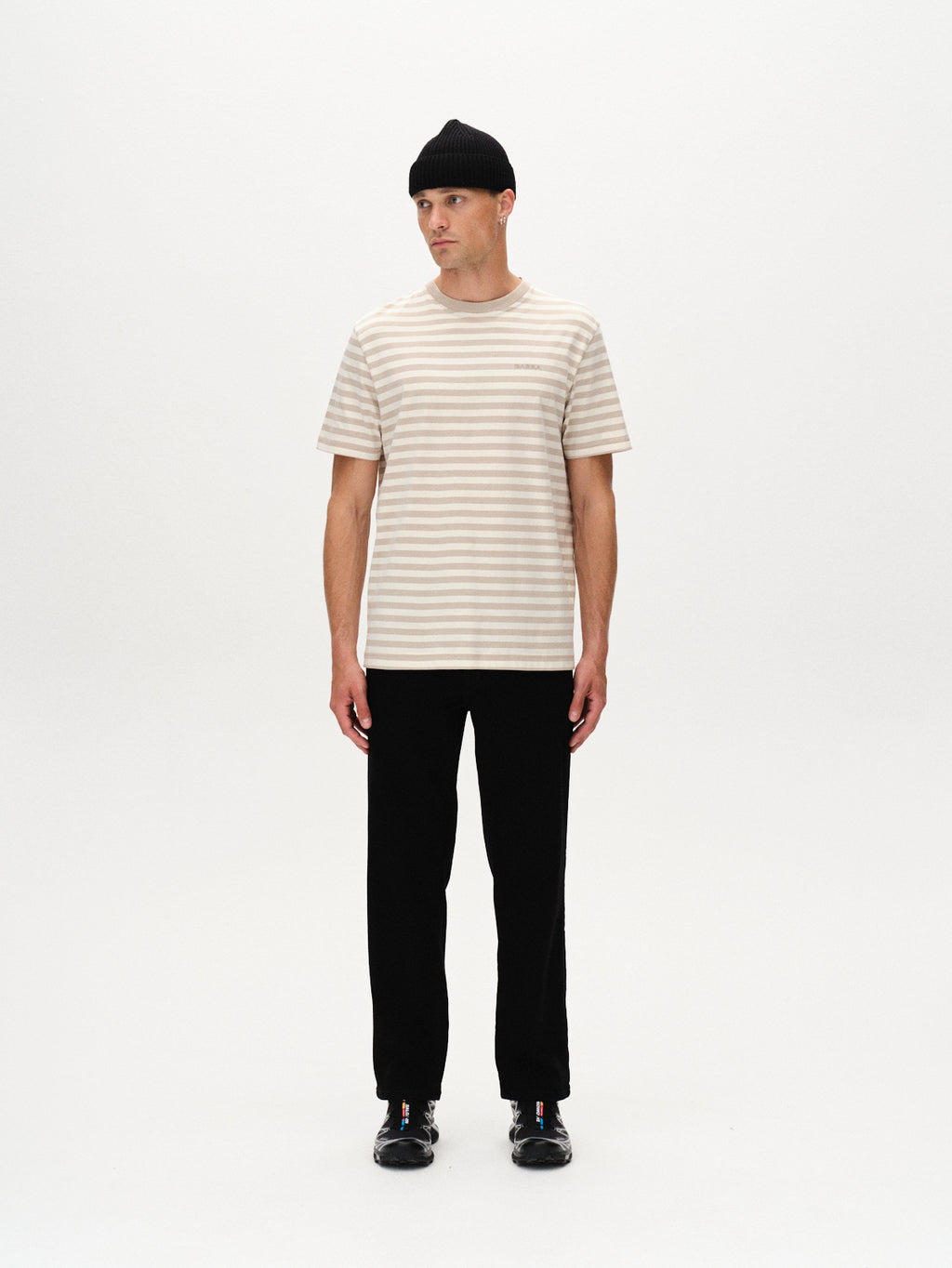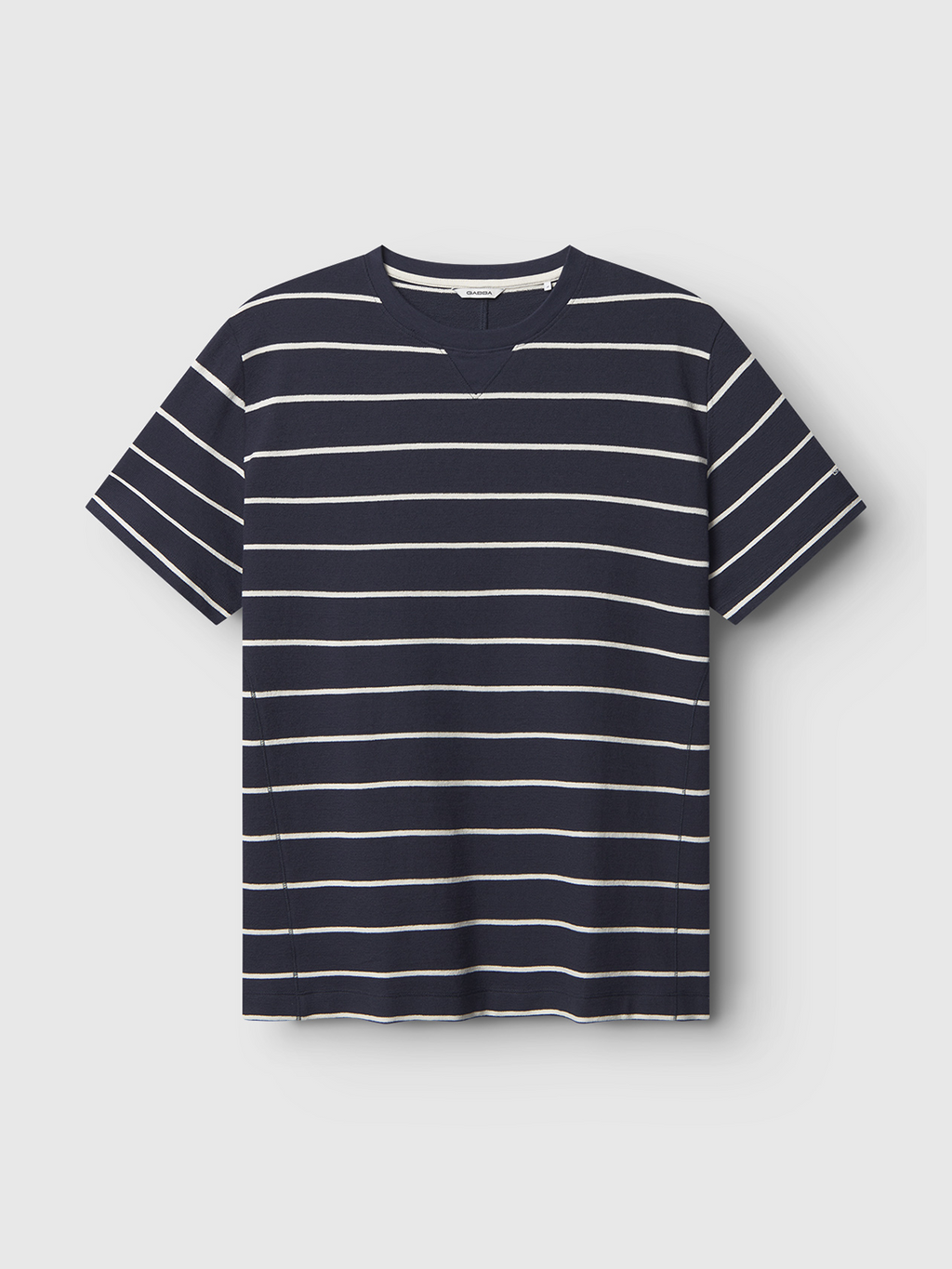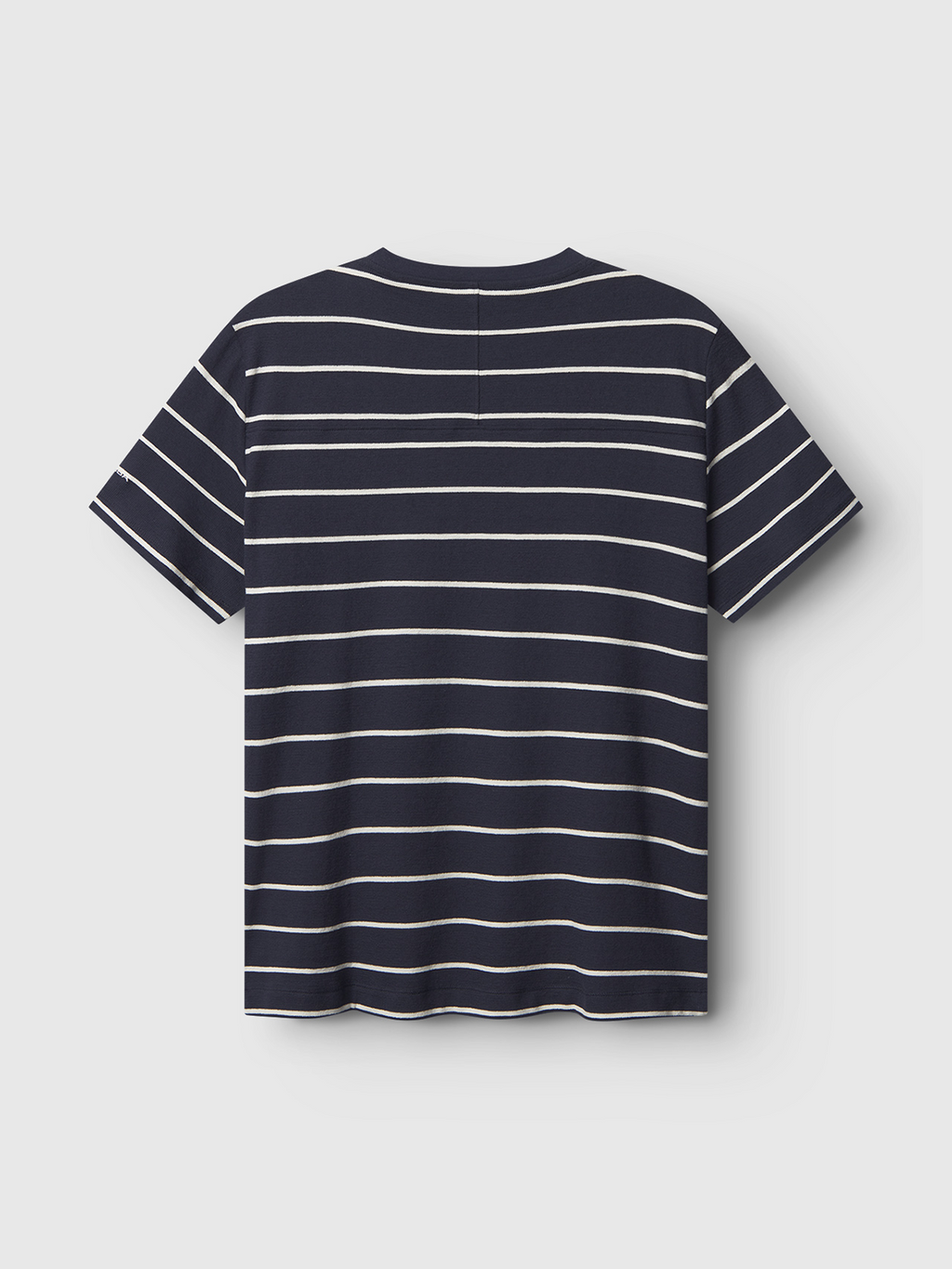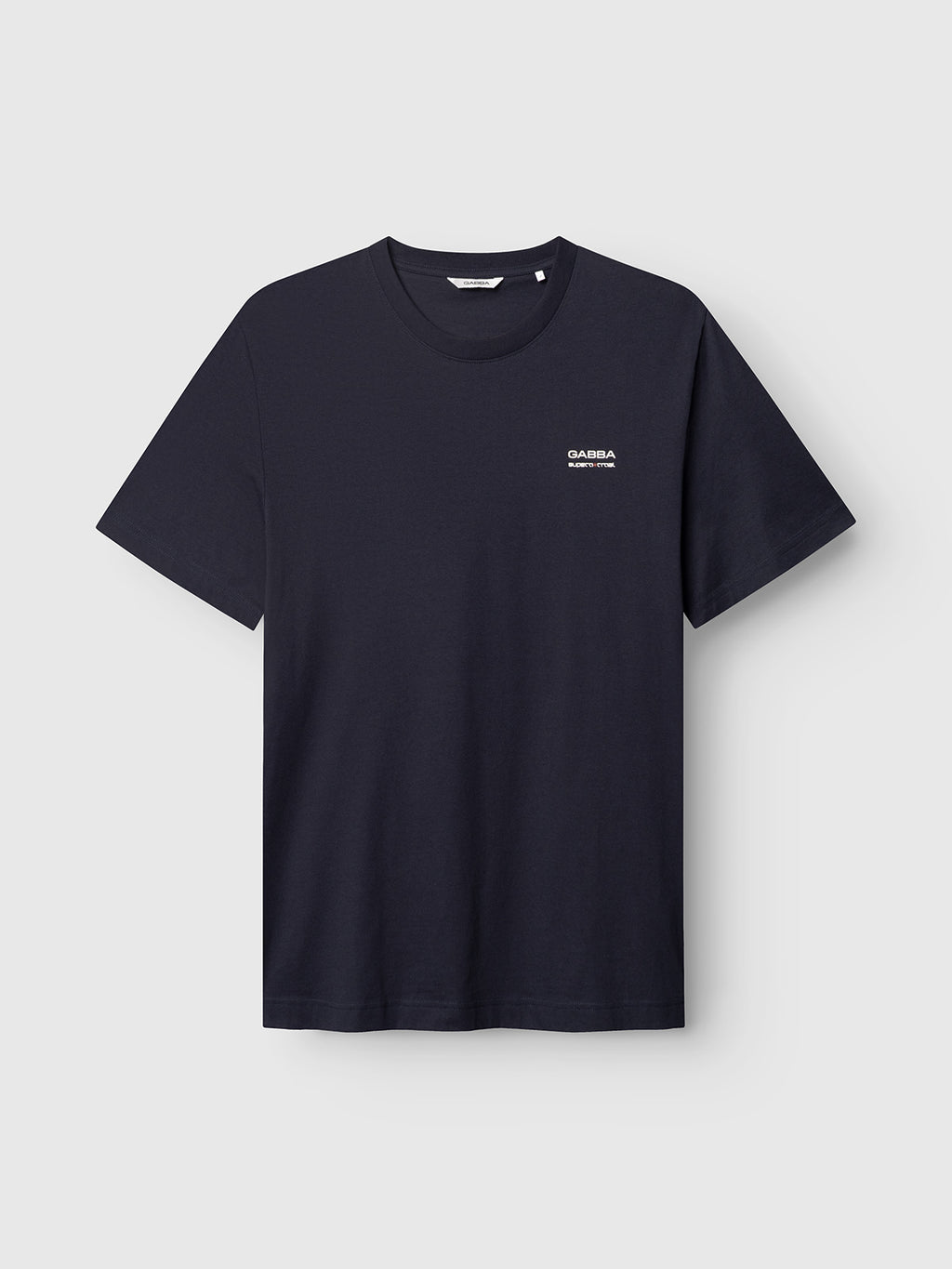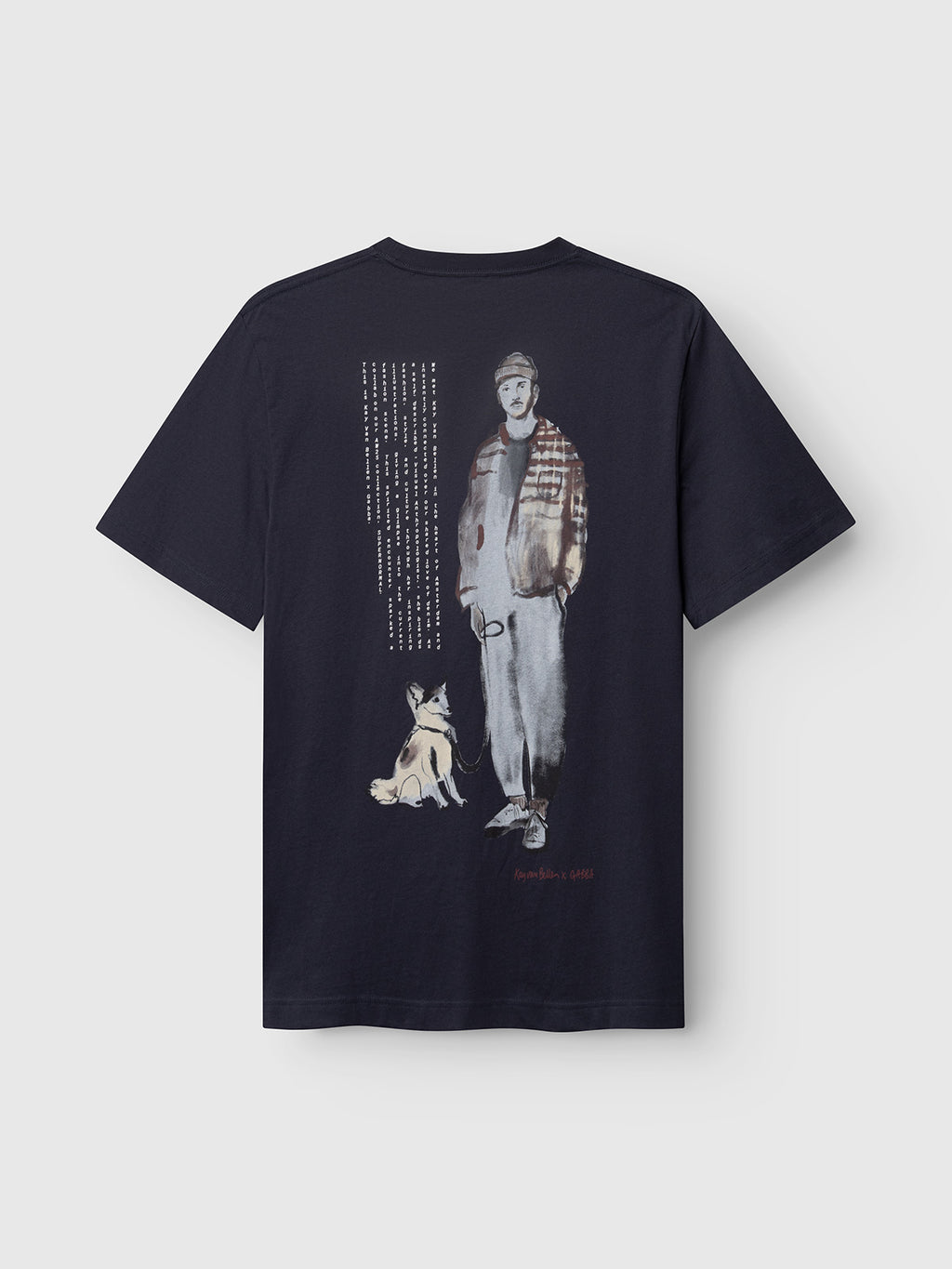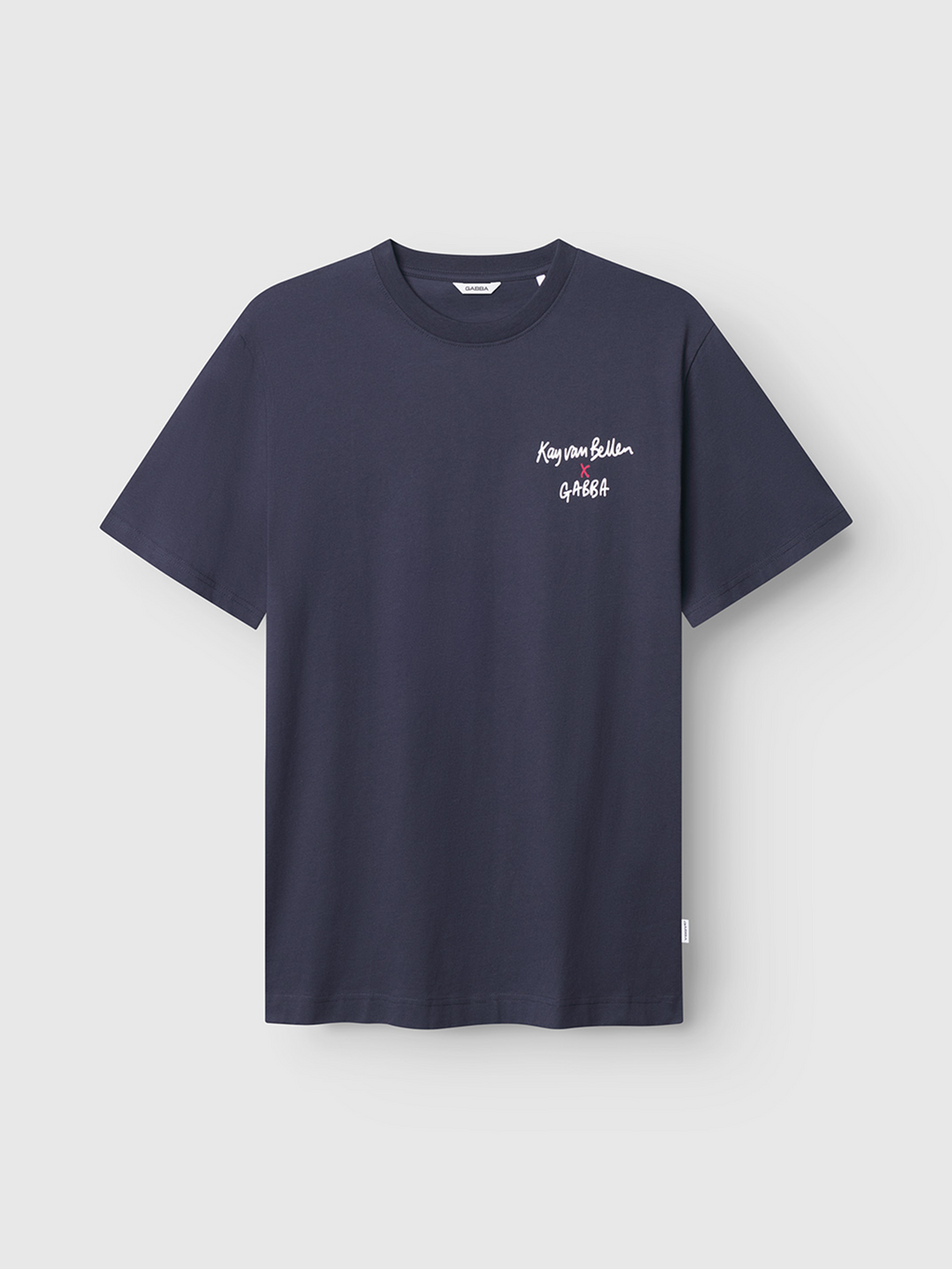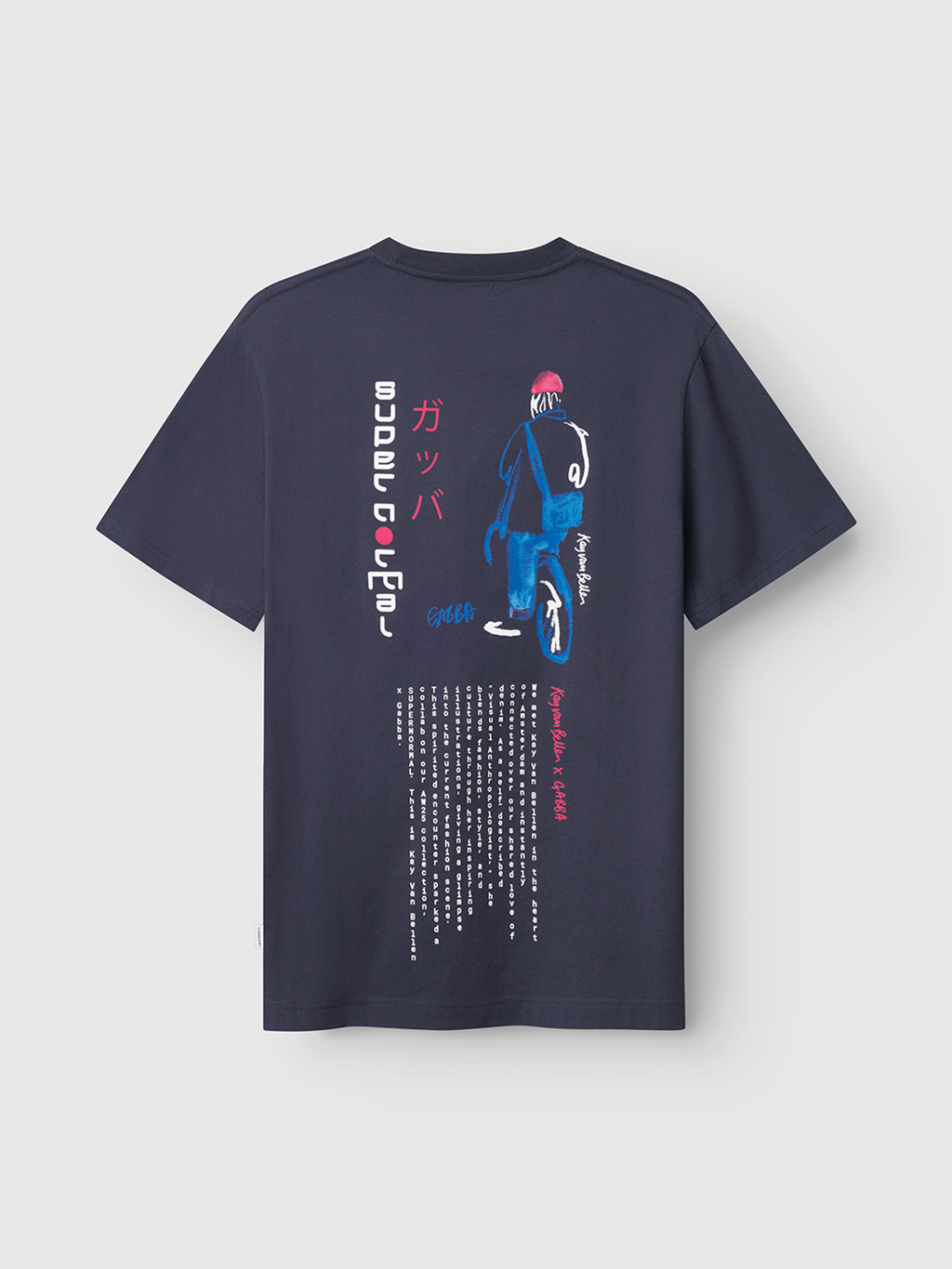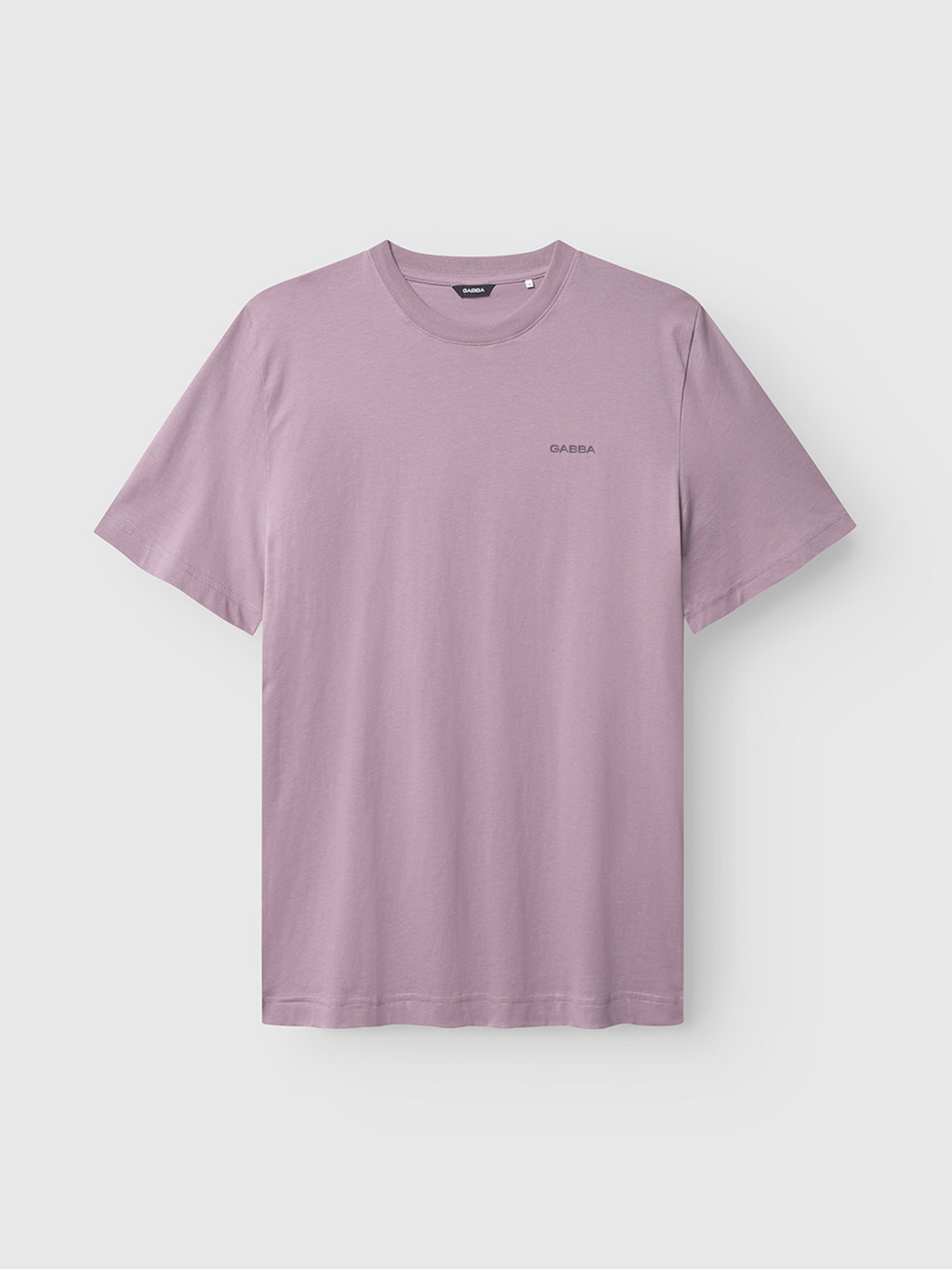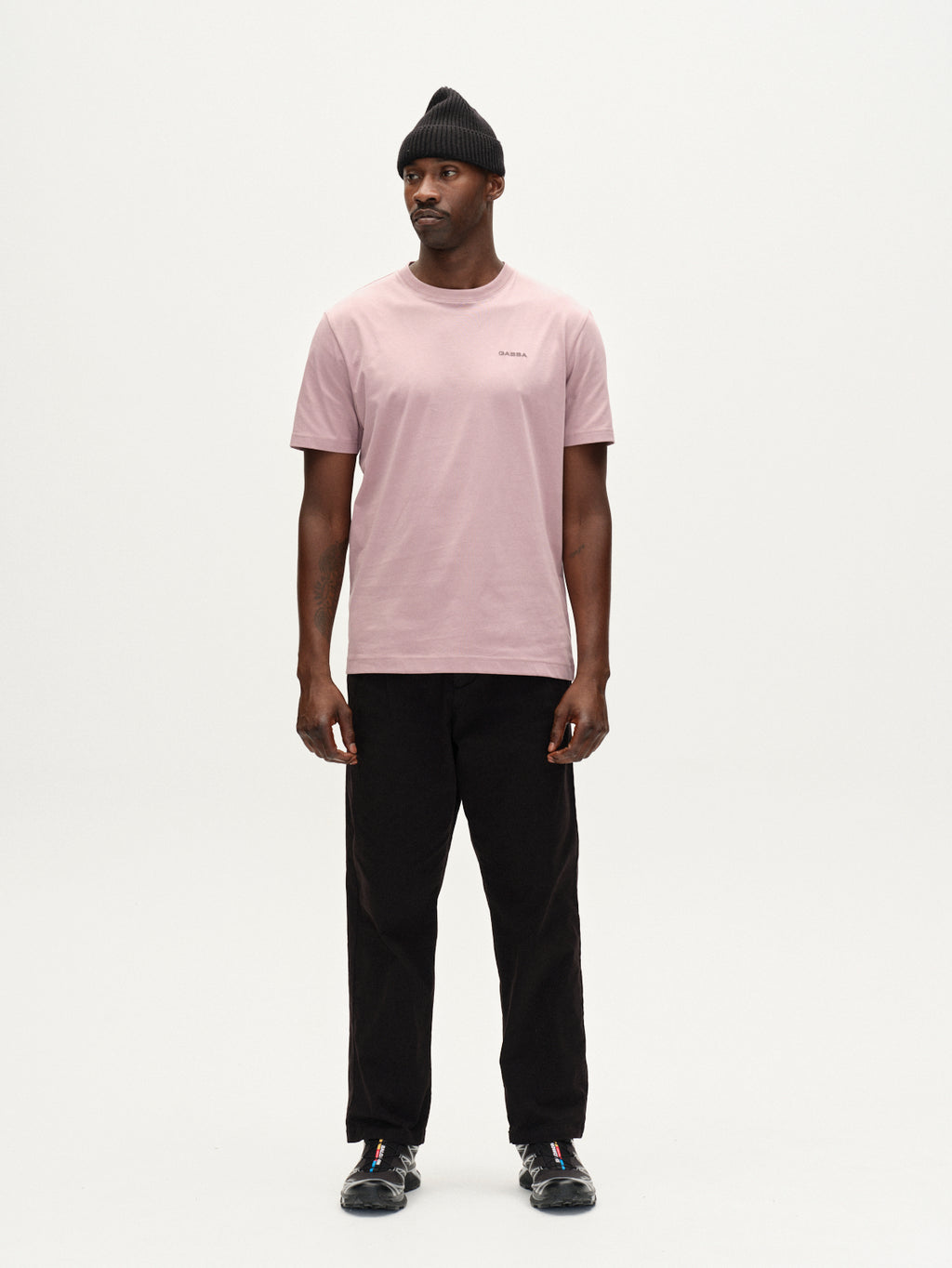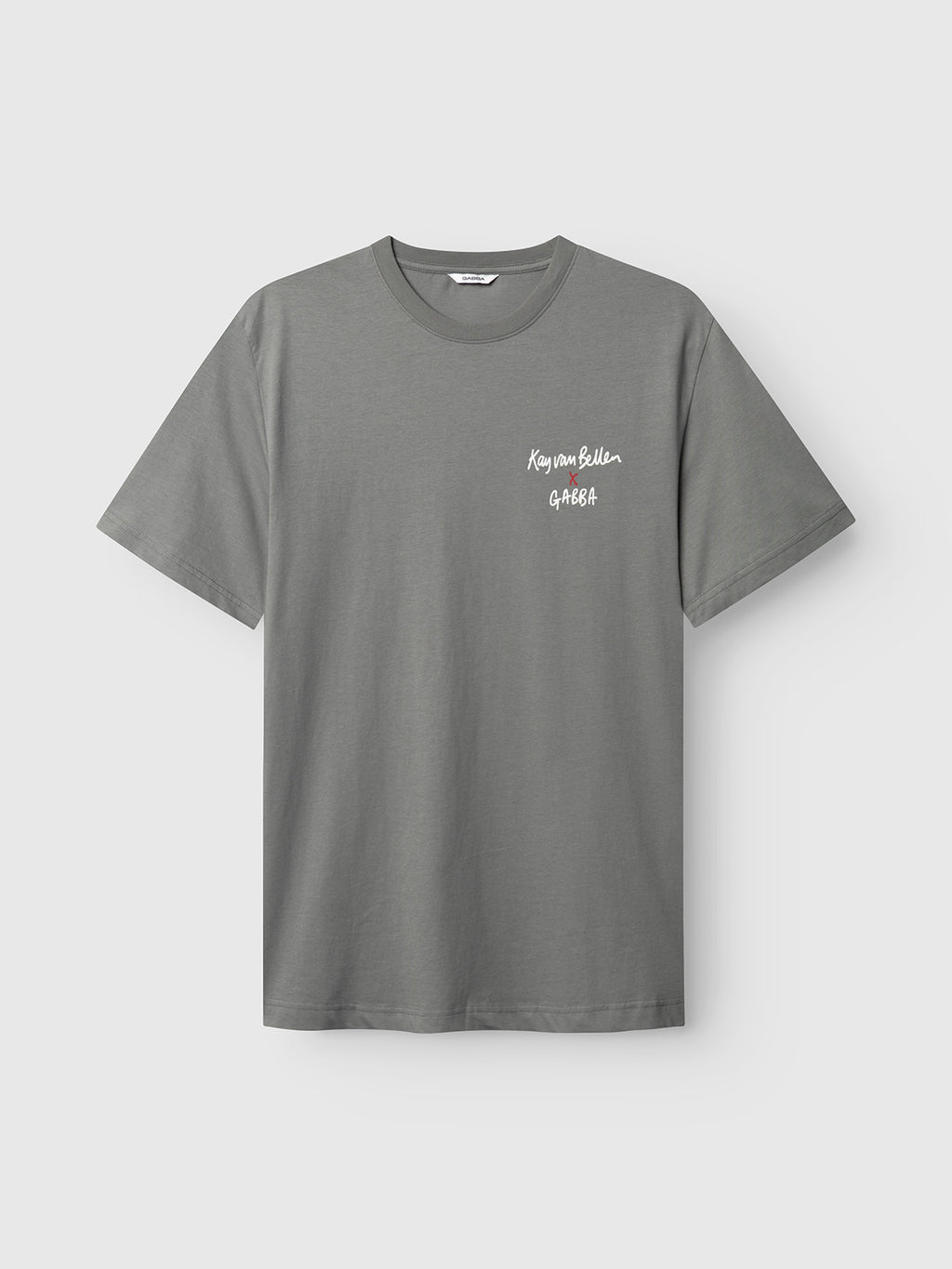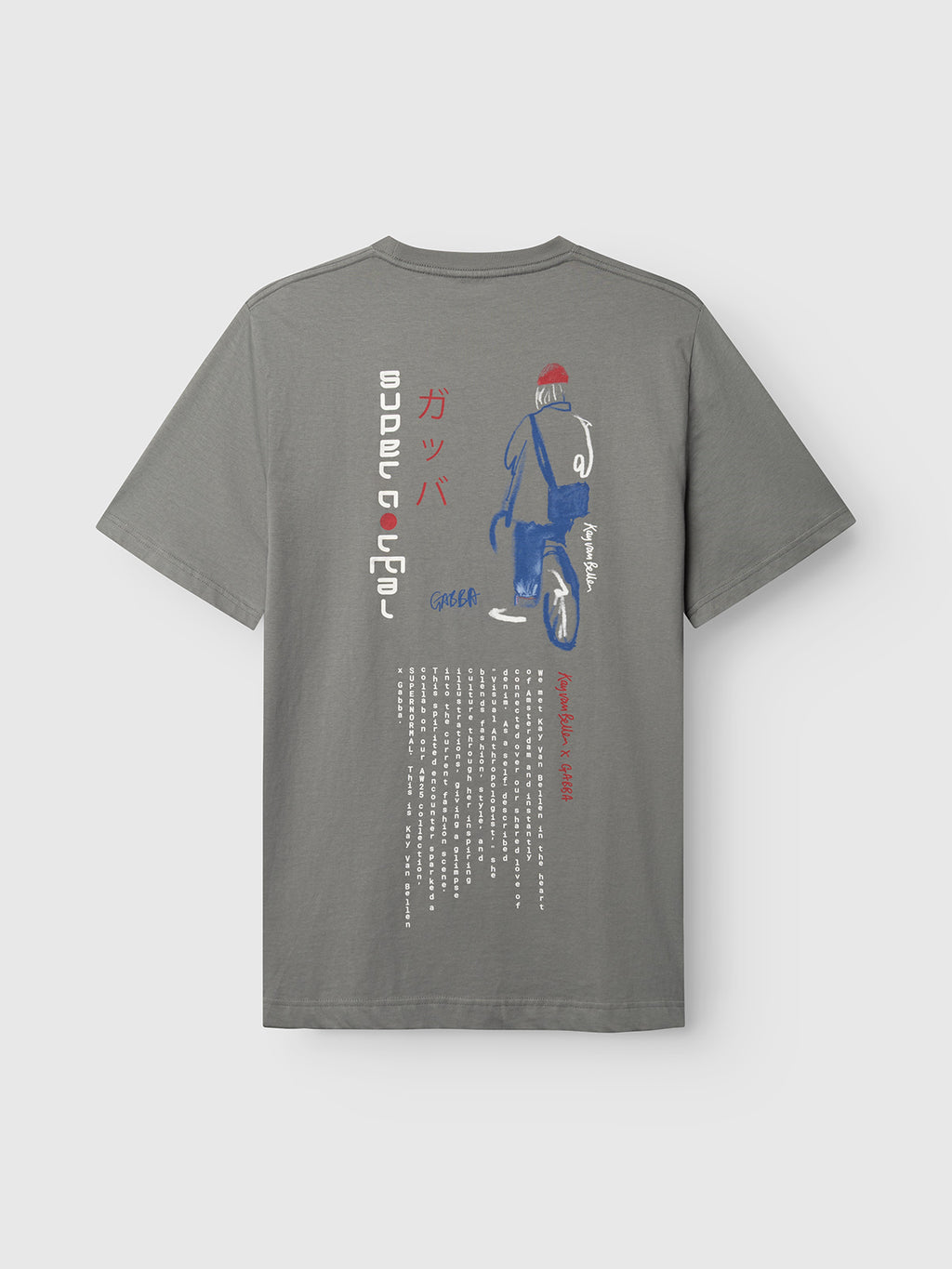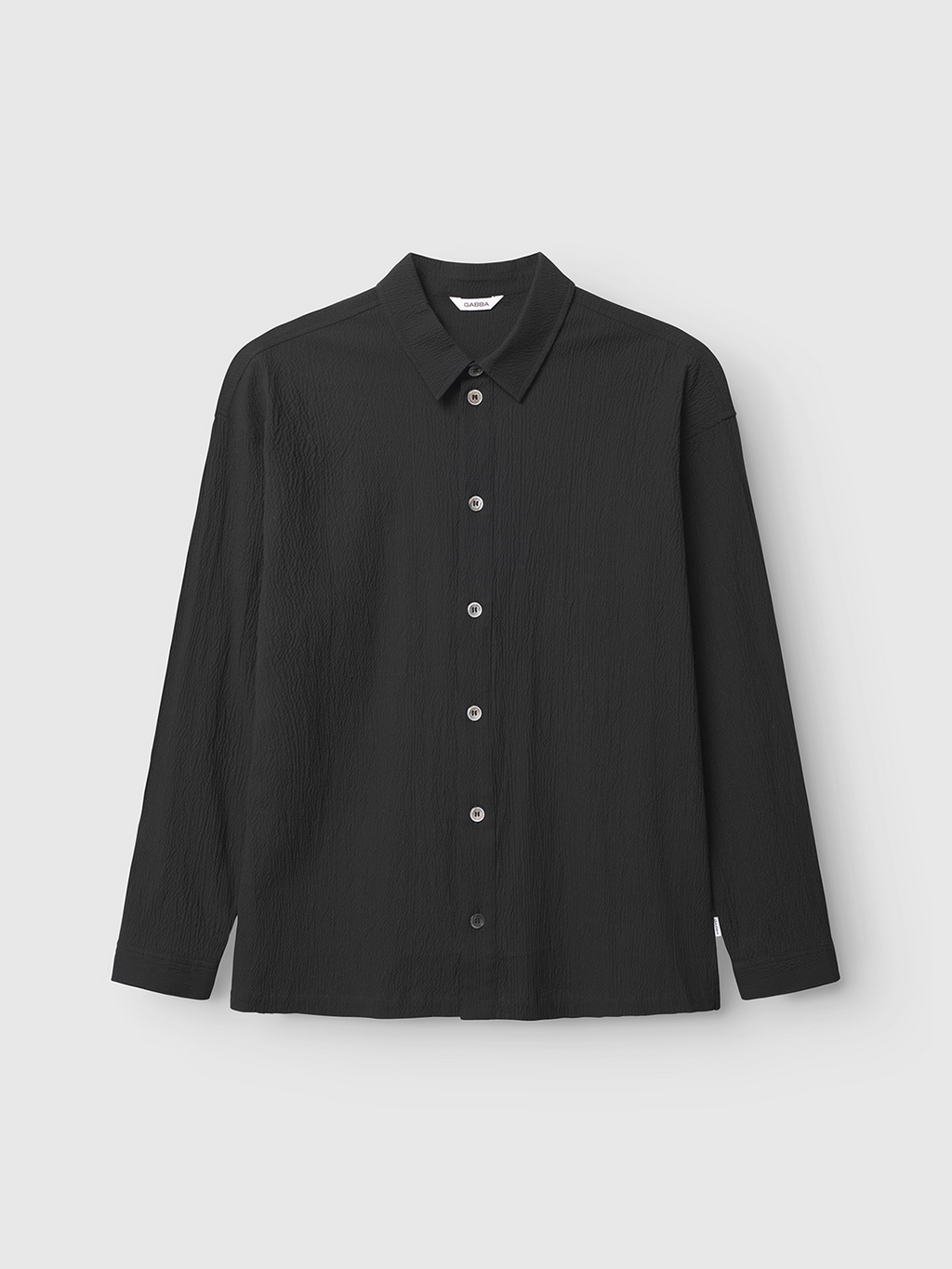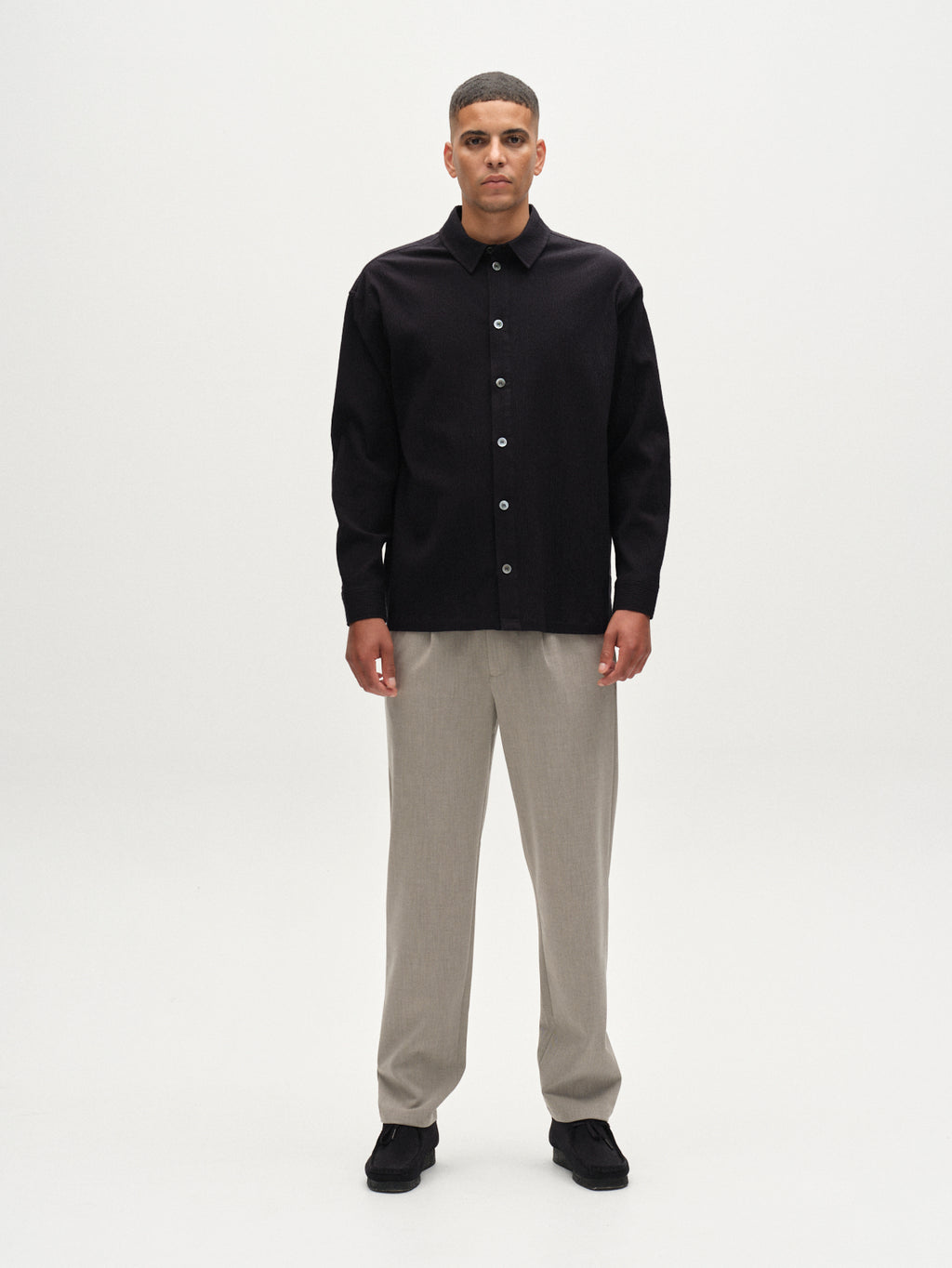For decades, fashion has been about more. More trends to keep track of, more seasons with even more collections, more wardrobe items to make more looks, more, more.
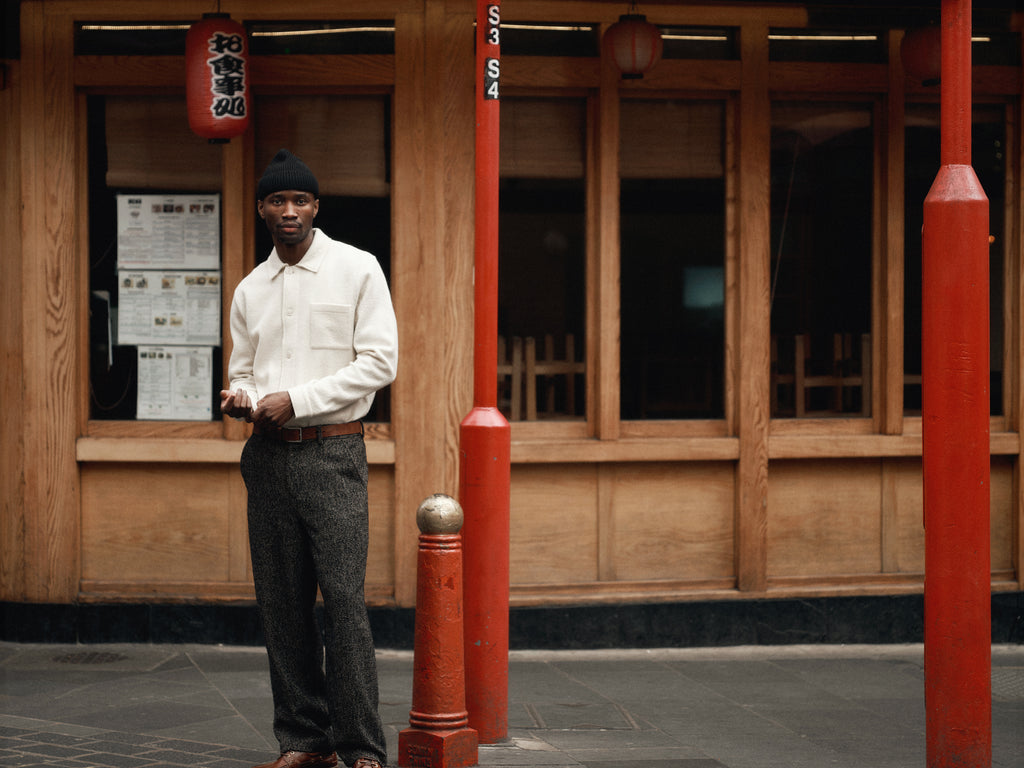
To us, the best materials are those that make products you will want to wear week after week for years and years.
The longer we can use our clothes, the better. That means that quality is always our first priority when we design Gabba garments for your wardrobe.

Organic cotton
We offer GOTS-certified products, each labelled individually.
With our hearts beating steadfast for denim since 1983, it's safe to say that cotton is our favourite material. And organic cotton just makes it that much easier to love.
Organic cotton is grown and cultivated without the use of hazardous chemicals, pesticides and GMOs. This keeps the chemicals out of the ground and waters while also protecting the workers in the cotton fields and factories from dangerous substances.
Our customers find organic cotton in selected GOTS (Global Organic Textile Standard) certified styles only.
Recycled cotton
Using what is already here just makes good sense. Plenty of used cotton products and cut-offs from production are just waiting to be repurposed into a new pair of jeans or an Oxford shirt. Unfortunately, there is a downside to recycled cotton. Breaking down the fabric makes the fibres grow weak.
So, no matter how much we want, we can't make a product from 100% recycled cotton. It would break way too easily. Instead, we mix recycled cotton with other materials when we can to help cut waste and limit the need for virgin cotton and the resources used in its production.
Recycled polyester
Polyester is a plastic. And if there is one thing we can all agree on, it is that plastic is not so fantastic. But at least one thing speaks in its favour: it can be fully recycled without degrading or losing any strength.
Recycled polyester can be made from production scraps or cut offs, or it can come from collected polyester products that have already seen many nights out or evenings on the couch. The fabrics are broken into smaller pieces, melted down and spun into a thread that can be woven into brand-new garments.
Tencel™ Lyocell
TENCEL™ Lyocell is a branded form of lyocell made by the Austrian company LENZING AG. The wood used for TENCEL™ Lyocell is harvested from certified and controlled sources, following the strict guidelines of the Lenzing Wood and Pulp Policy.
But what sets it apart is the special closed-loop production system. In the system, more than 99% of the water and solvents are reused, resulting in significantly lower water and chemical usage. The chemicals are all organic and non-toxic and are kept out of the water in the production areas.
LENZING™ and TENCEL™ are trademarks of Lenzing AG.
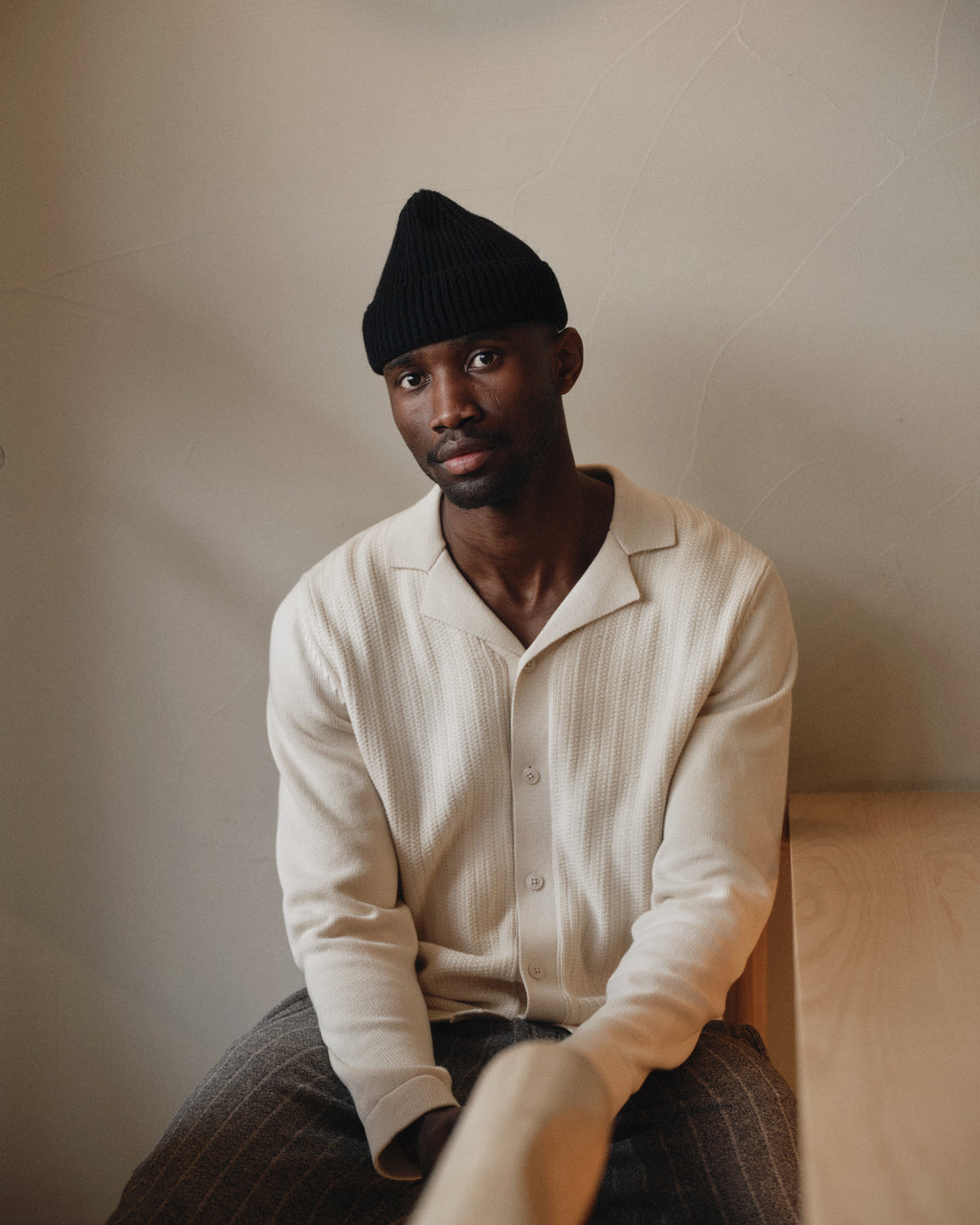
While denim is a classic material that's been around for a very long time, it's not as old school as you might think.
Over the years new alternative solutions have emerged and denim can get the perfect finish in many different and innovative ways that no cowboy would ever have thought of.
With a constantly curious mindset and an almost childlike excitement about new technologies, we welcome these new solutions whenever they are compatible with our responsible mindset.
Read about the ones we are currently using for a number of our products below.
E-Flow
E-flow is a technology that uses small "nano bubbles" to apply chemicals and other agents to garments in the finishing process. By using these small bubbles, water, chemical and energy usage is lowered significantly, compared to traditional finishing methods.
Ozone
Ozone is a gas that comes in handy when we want to bleach our denim garments. The ozone gas is added to a machine containing the garments. Here, the ozone reacts with the dye, brightening the colour to the desired hue. The ozone method saves water and energy while also reducing the damage to the denim fibre, making sure it stays strong and durable.
Laser
For many years, it has been the custom to use sand, stones or other rough methods to give a pair of jeans the "worn" look we all know and love. With laser we can add the desired features very precisely without any use of PP spray, harsh chemicals or other more harmful methods. This also means less errors and more even looks across collections.
Our suppliers are very dear to us. We rely heavily on each other, and we could never dream of reaching our goals, if we didn't have them by our side. And most importantly, we share a common passion - great designs made for real people.
We know that none of us are perfect, and have created a relationship, where we are free to adress any imperfections that stand in the way of our joint development.
All of our suppliers are required to sign and live up to the below policies:
YYCC Code of Conduct
YYCC Animal Welfare Policy
YYCC Anti-Corruption Policy
YYCC Chemical requirements
YYCC Child Labour Policy
YYCC Ethical Sourcing
Due Diligence Procedure SOP
Denim suppliers
The Gabba love affair with denim goes all the way back to 1983.
Our suppliers fully live up to our three core values; they are real, reliable and relatable. We know them, and they know us.
Non-denim suppliers
The rest of our products are made by other suppliers. All of them know and share our mindset, and have signed our policies, committing to adhere to their contents.
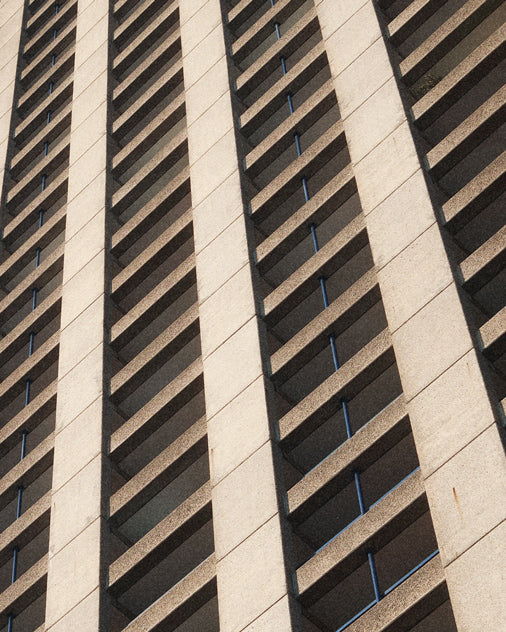
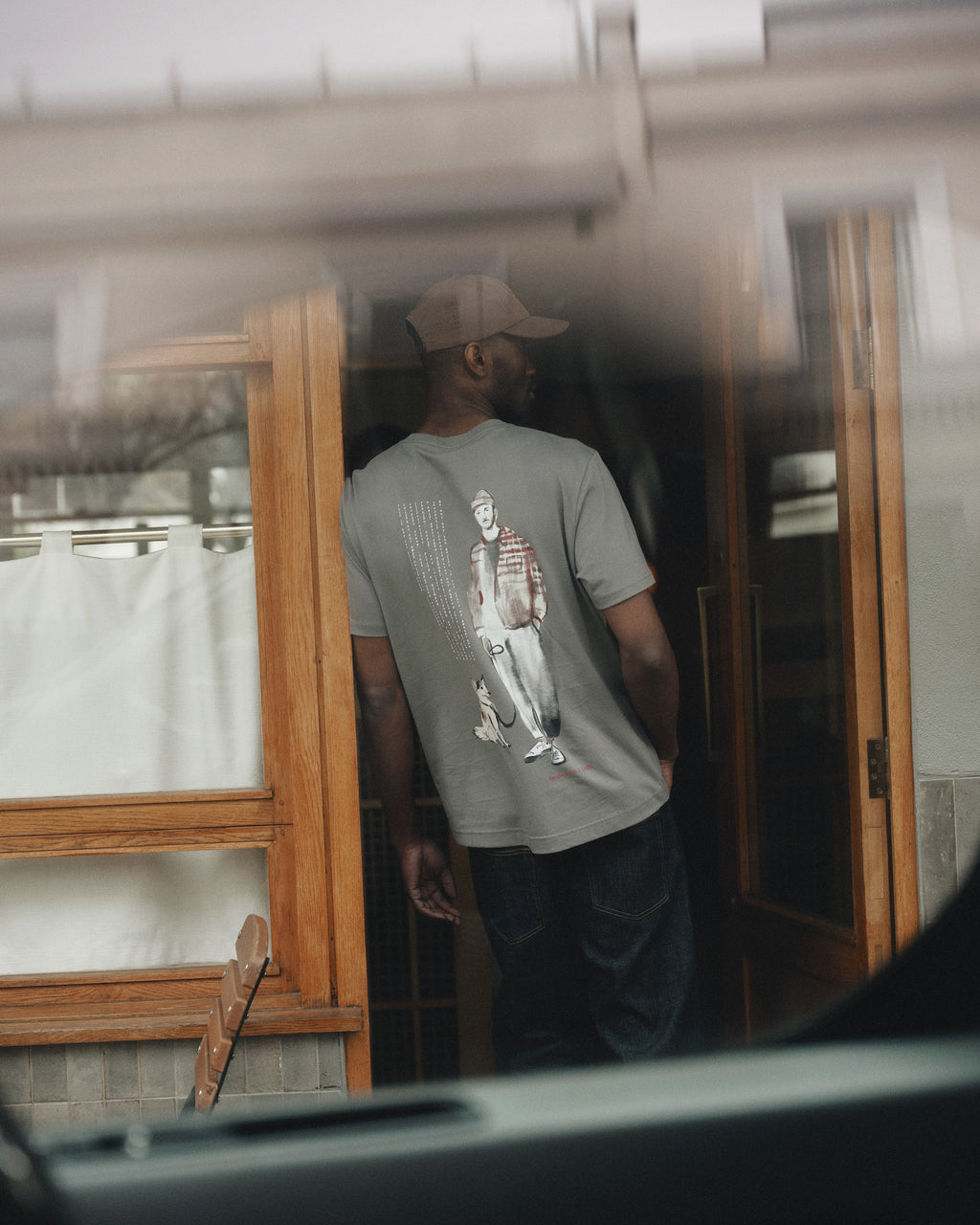
When our denim products are ready and have had their final finishing touches added at our suppliers factory in Turkey, they are loaded onto trucks and driven to the warehouse in our hometown Kolding.
Products made outside of Europe are mainly transported by sea freight or a combination of sea freight and train.
While we would love to be able to avoid using packaging all together, we need to protect our garments to make sure they aren't damaged during transportation or storage.
Any cardboard or paper found on our products (like the size tag on the top of a pair of jeans or a hangtag carrying the price), is of course also made from wood that comes from responsibly managed forests.
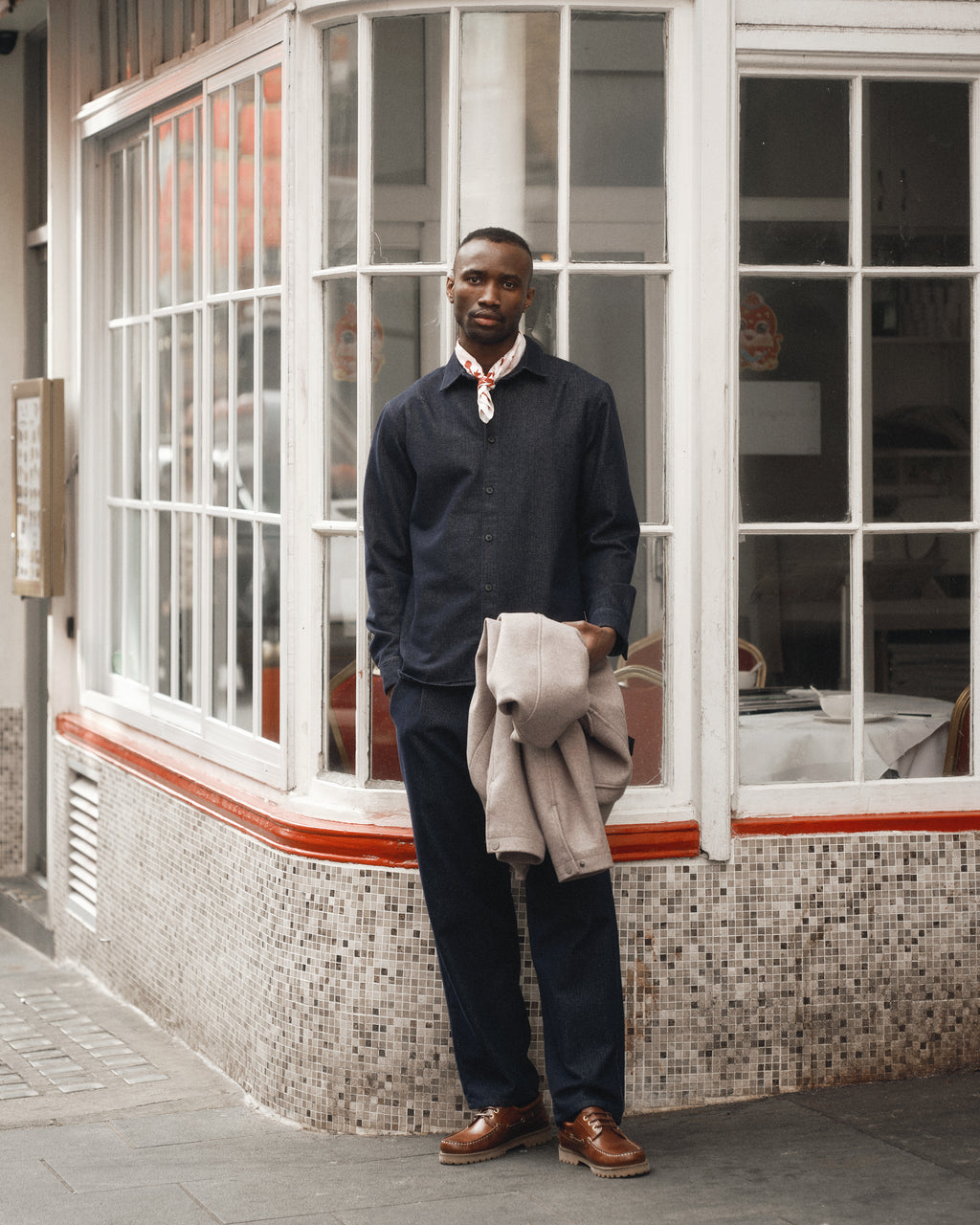
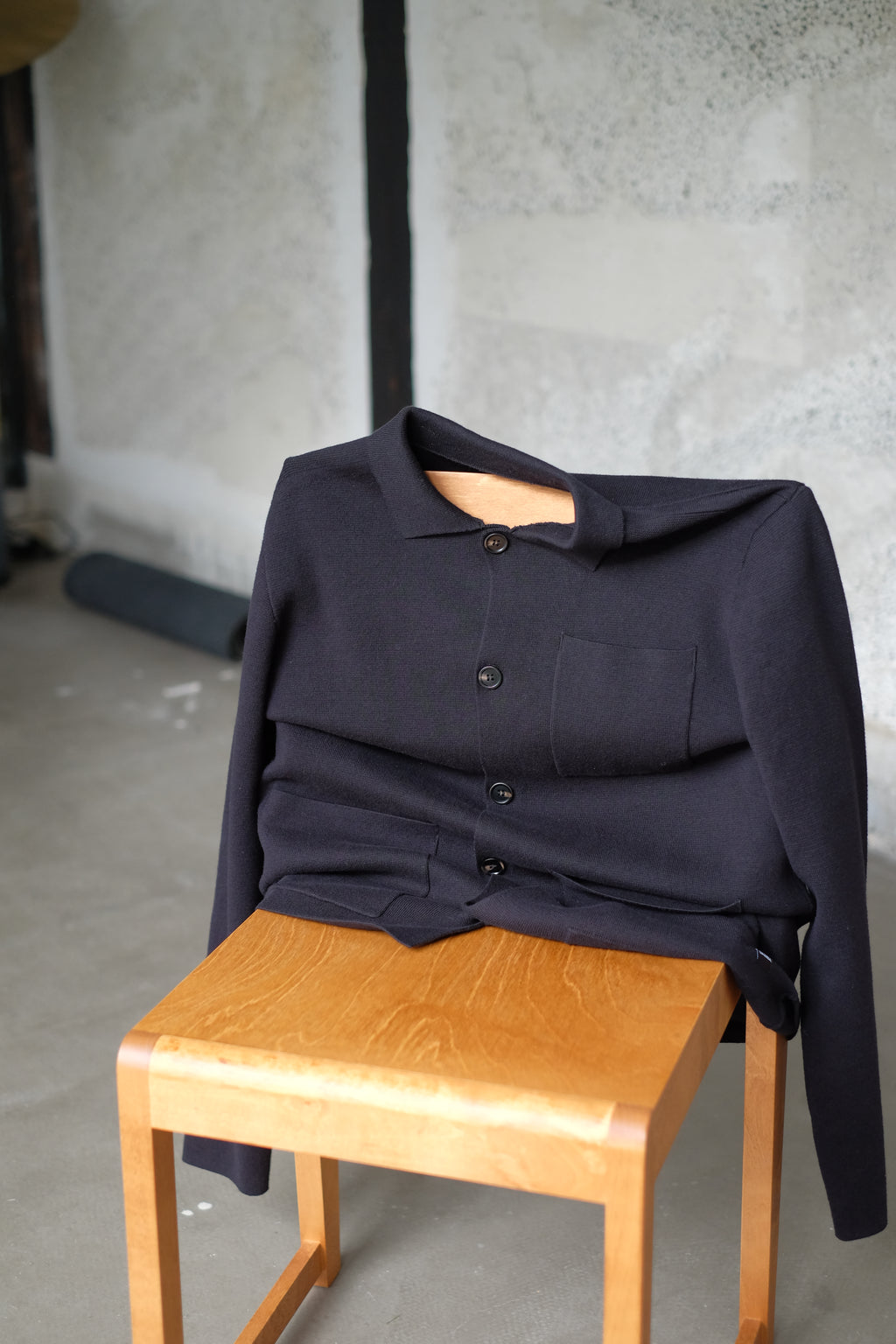
Our employees are the backbone of our company. Gabba has always gone above and beyond to create a genuine and welcoming environment that celebrates diversity and a good laugh.
We are grateful to spend our working hours with a great group of people, and we truly consider each other family.
If you want to join the Gabba family, read about any vacant positions.
